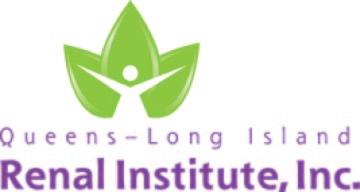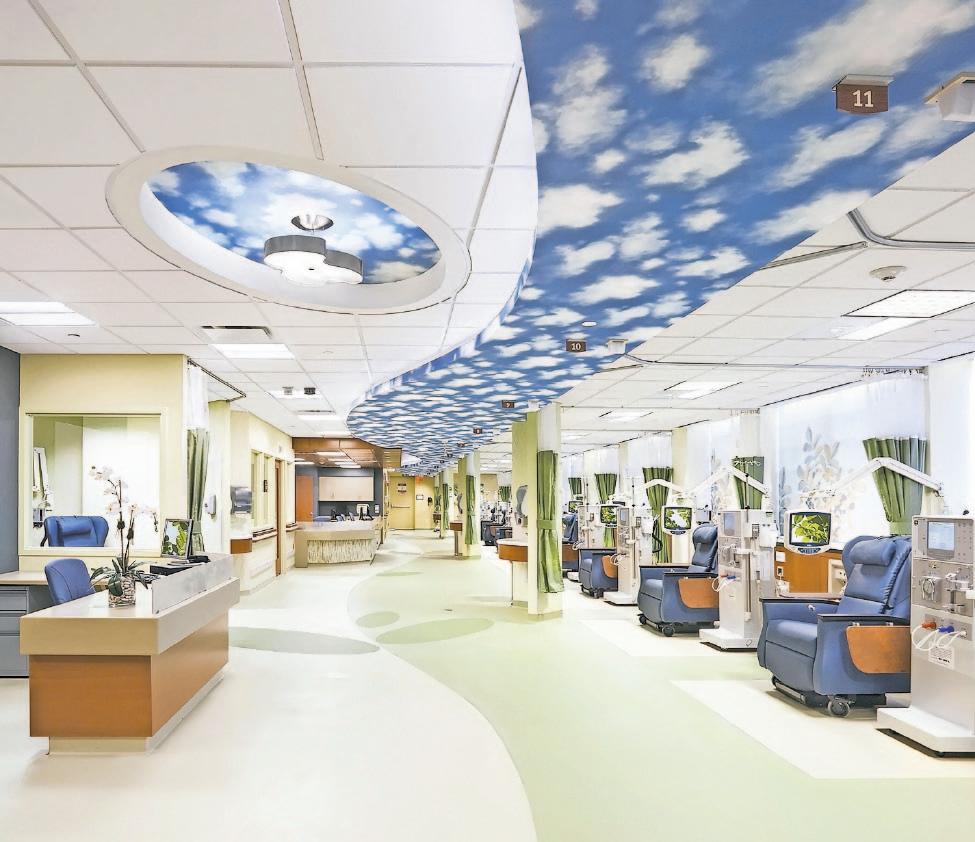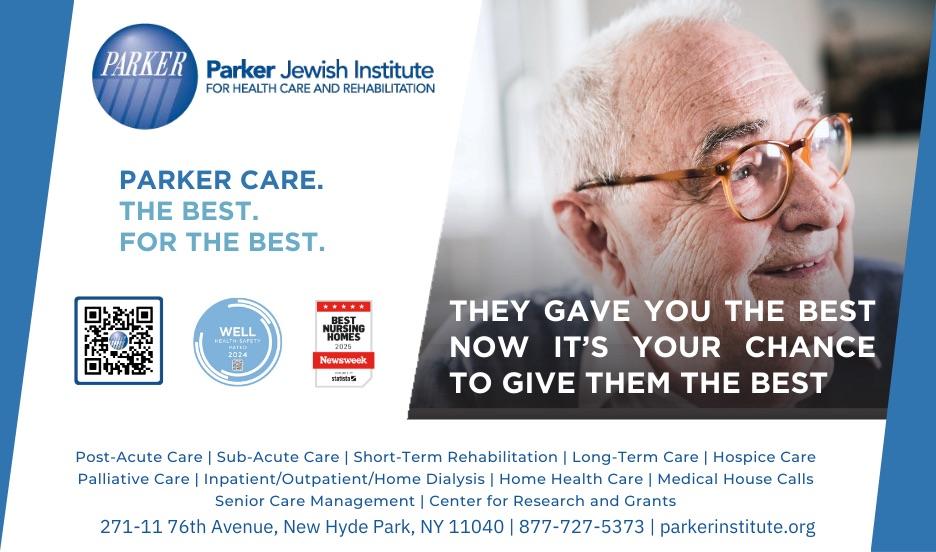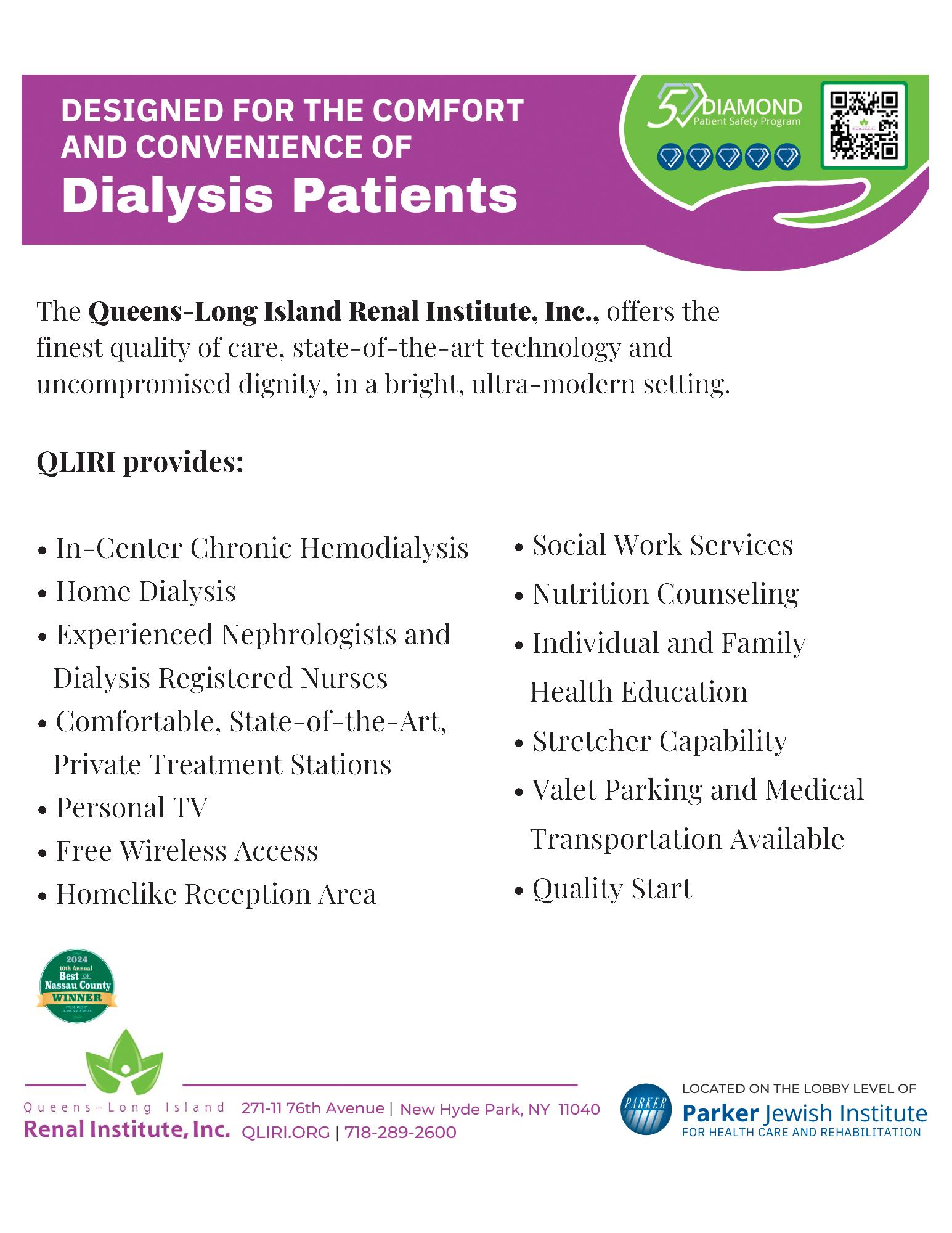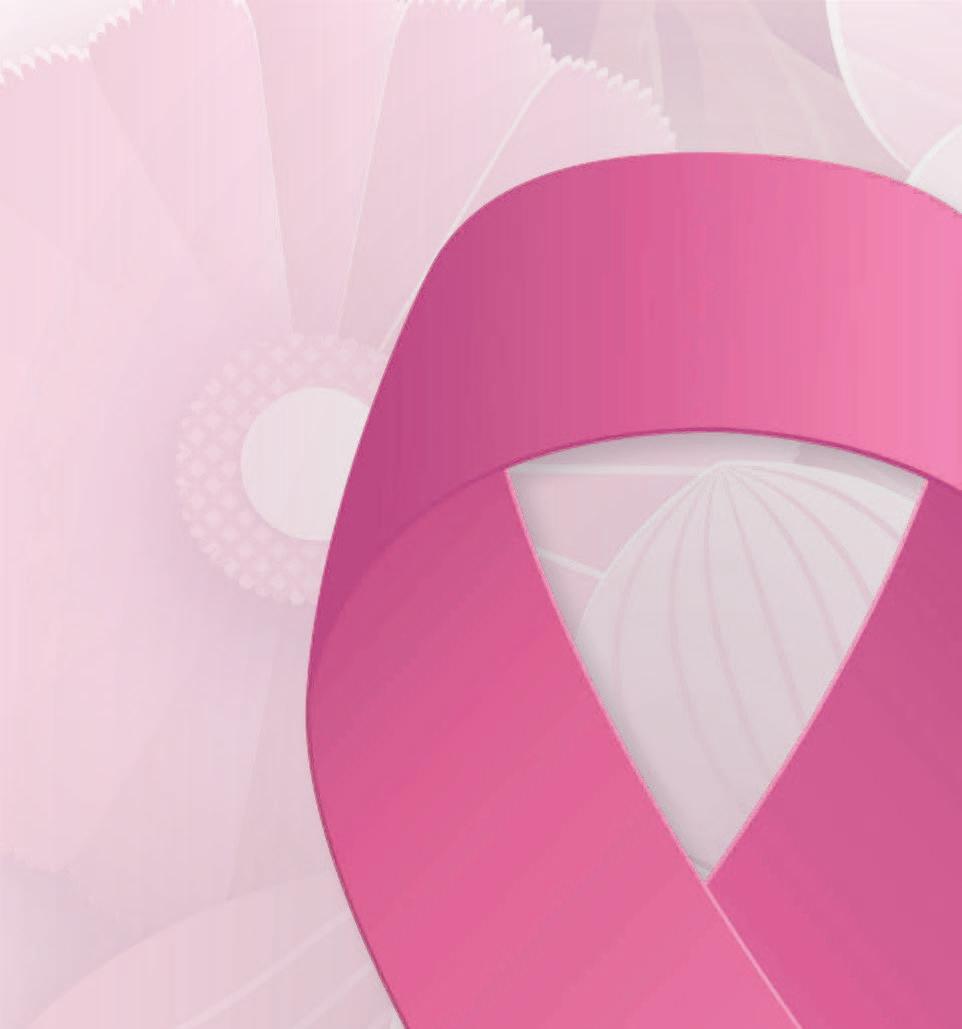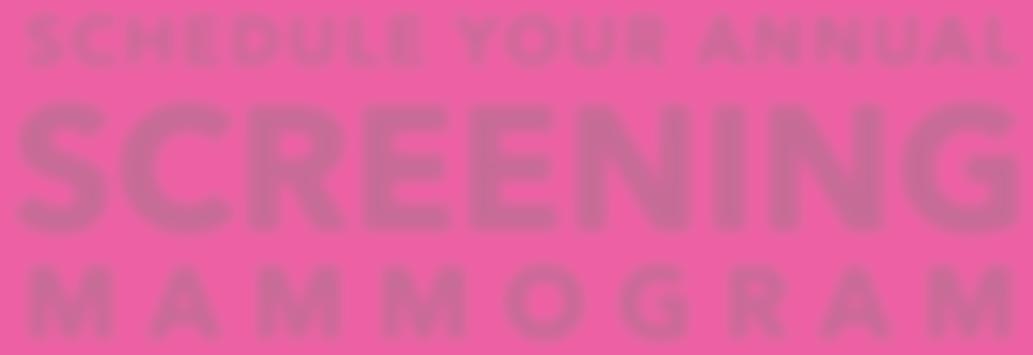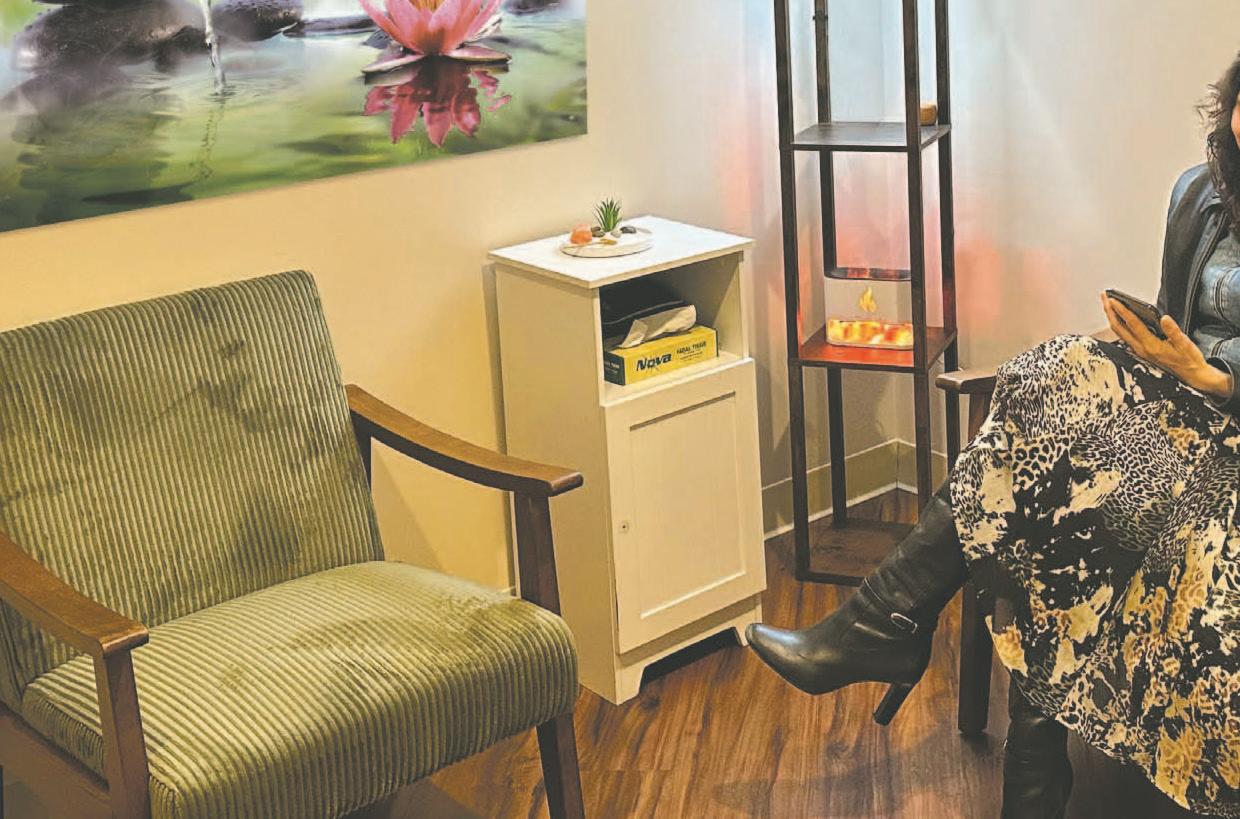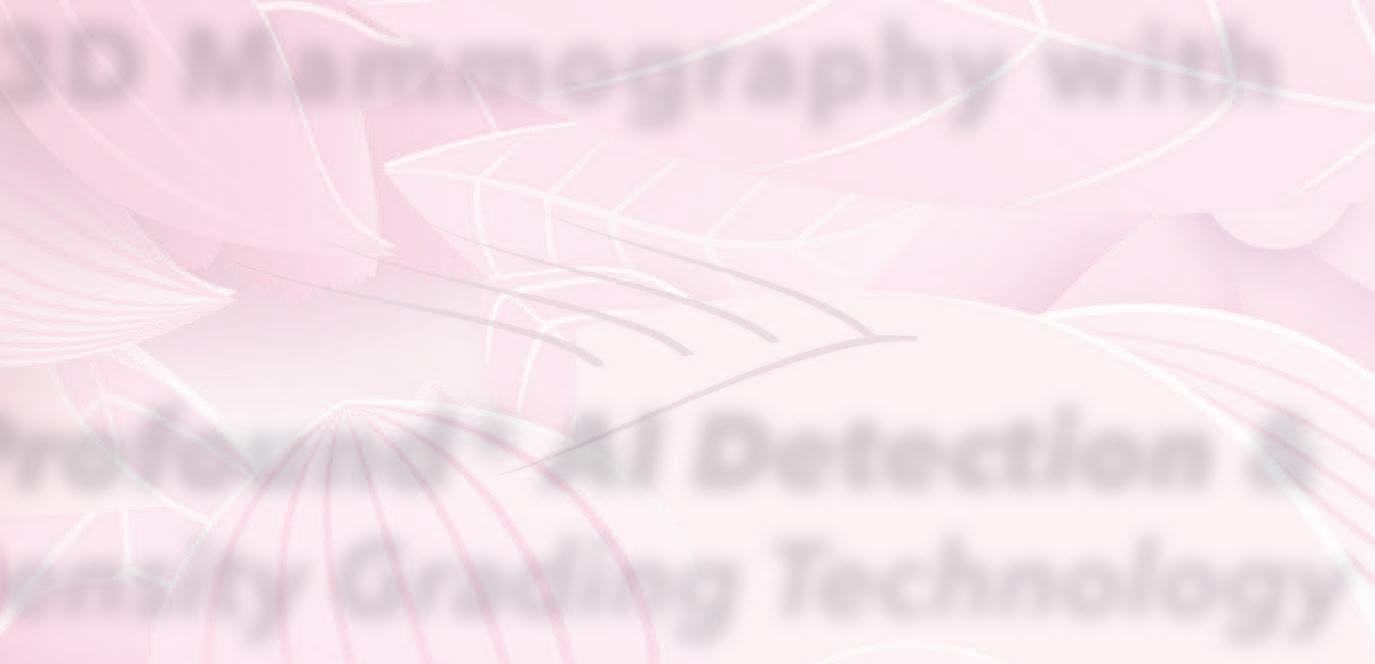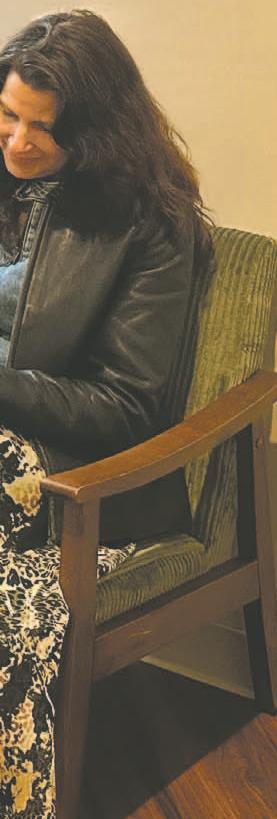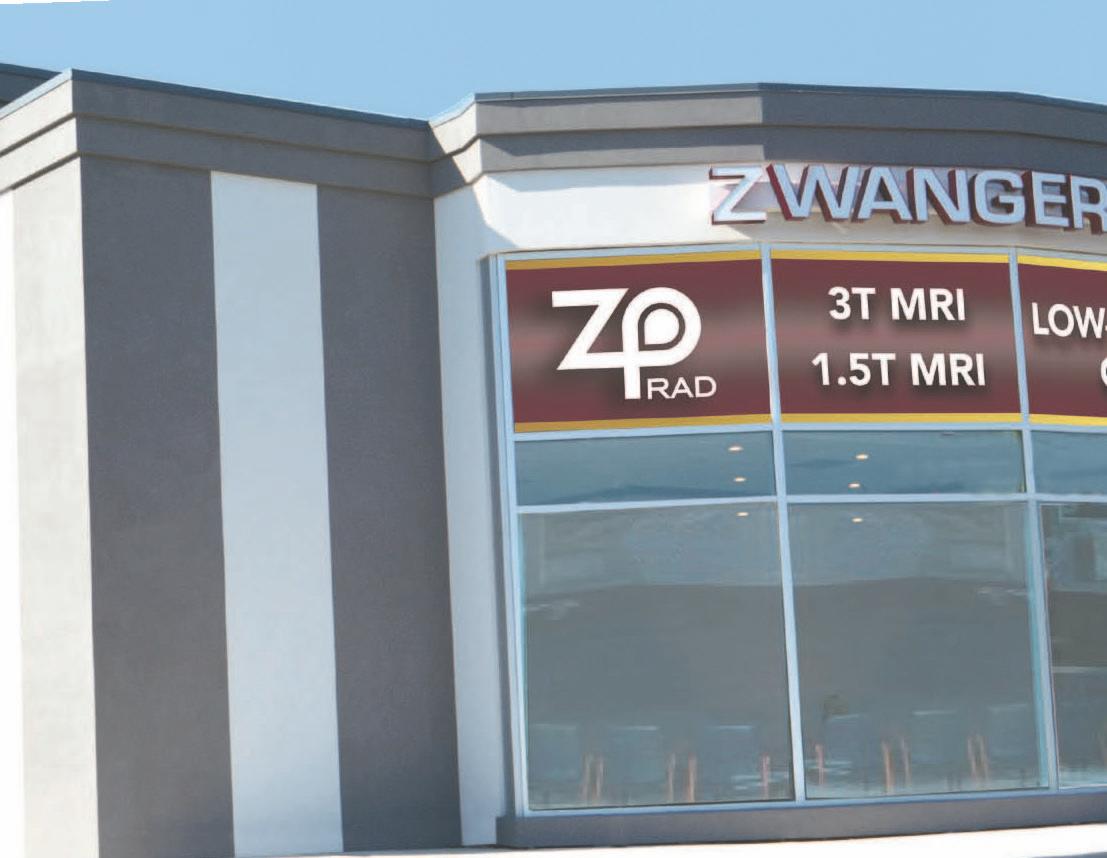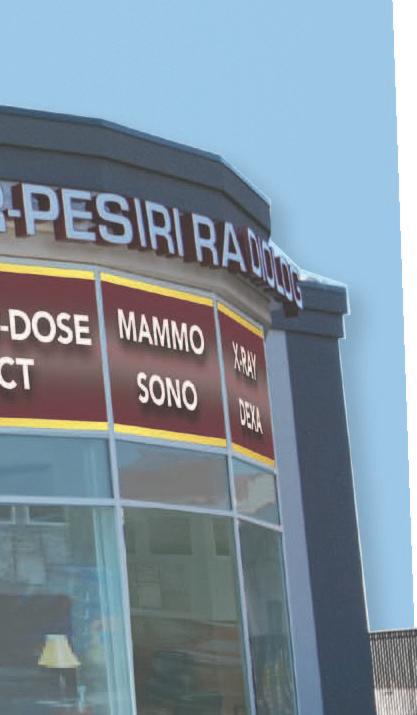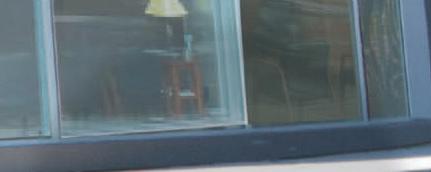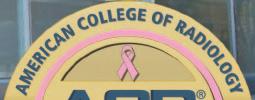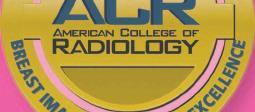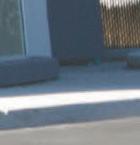
October 16, 2025


October 16, 2025















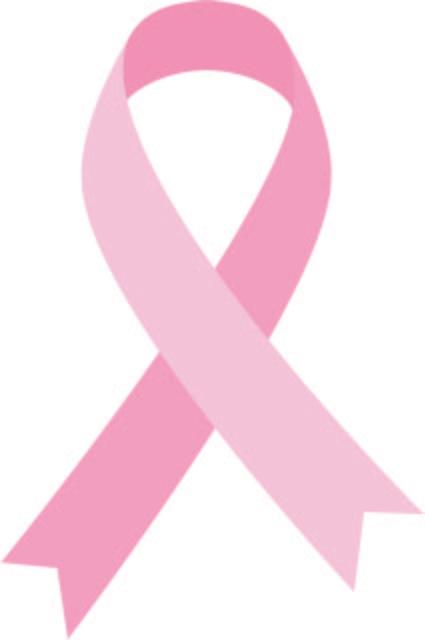






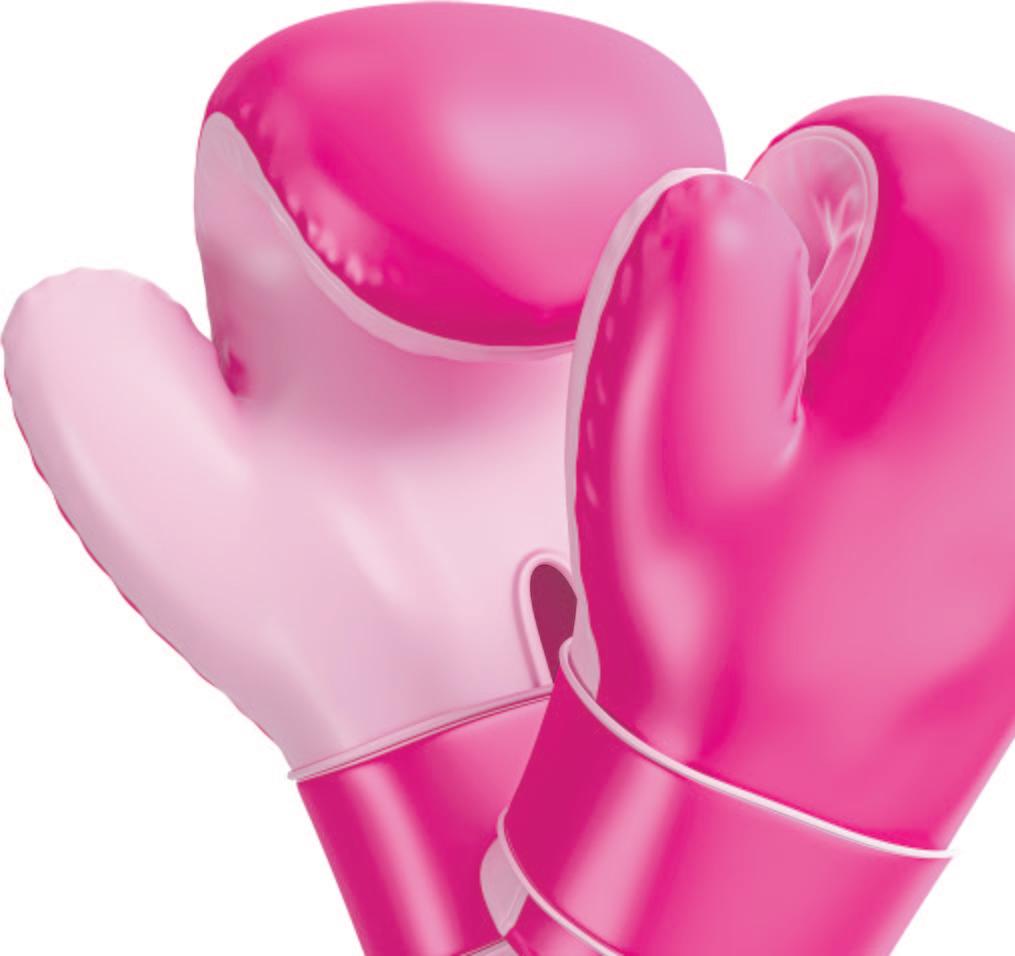

By Reyna Machado
At the Adelphi NY Statewide Breast Cancer Hotline & Support Program, we’ve always believed that no one should have to face breast cancer alone. For more than 40 years, our dedicated volunteers — many of them survivors themselves — have walked beside thousands of individuals through some of the most difficult moments of their lives. Each call, counseling session, and support group is a testament to the power of community, compassion and connection.
Since 1980, the Adelphi Breast Cancer Program has provided free support and resources for women on Long Island and across New York State, including access to our 24/7 hotline, bilingual counseling and early detection services at no cost. Early detection truly saves lives, and we encourage everyone to take charge of their breast health by scheduling regular screenings, learning how to perform selfexams, and advocating for their care.
When found early, breast cancer is highly treatable — and that knowledge can make all the difference. Our mission is to ensure that every individual has access to the information, healthcare, and sup-
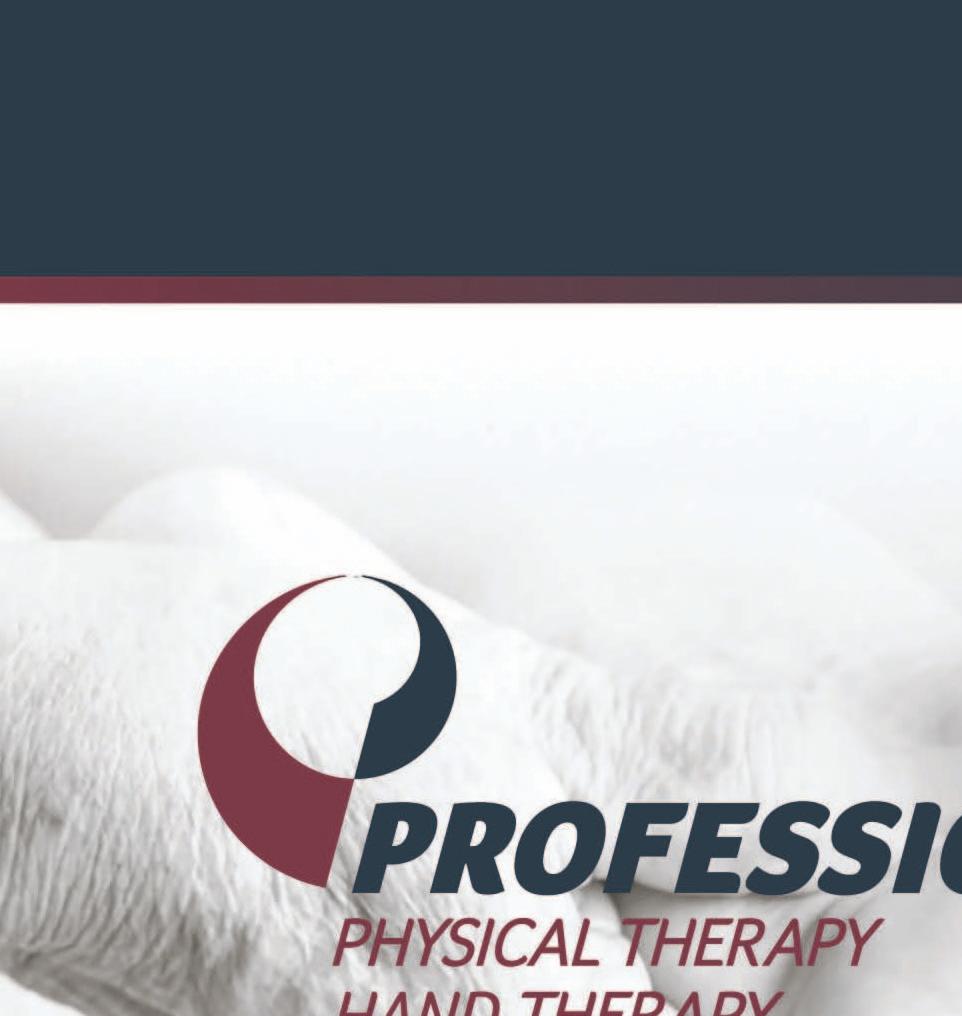
REGAIN
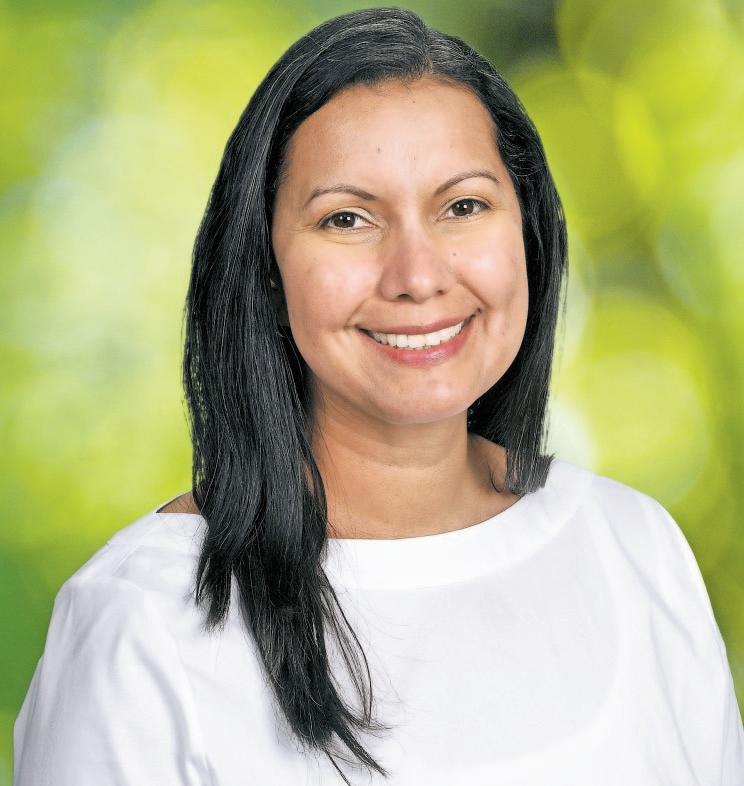
Reyna Machado
port they need to detect breast cancer early and navigate their journey with confidence.
Recognizing that survivorship looks different for everyone, Adelphi recently launched the Survivorship, Treatment, Education, and Peer Support (STEP) Program to meet the unique psychosocial
Are conditions like arthritis, carpal tunnel syndrome, or trigger finger limiting your daily life? At Professional Hand Therapy, our dedicated hand therapists offer specialized care to help you restore strength, flexibility, and comfort in your hands.
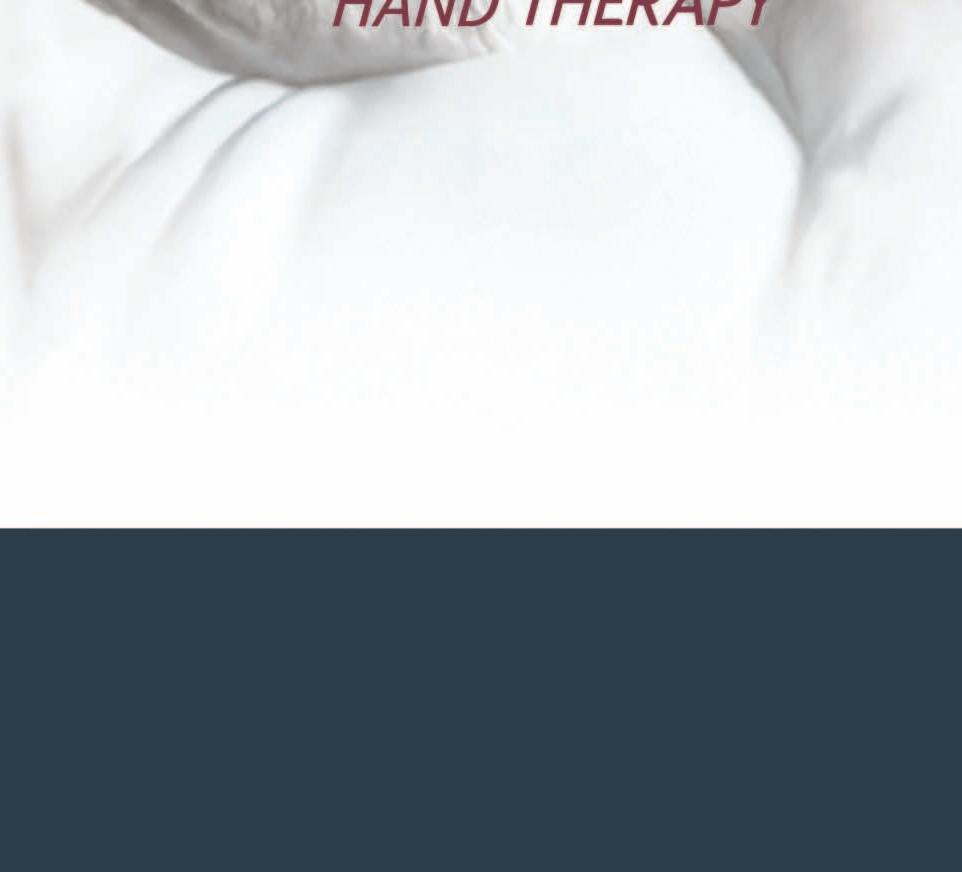
EXPERIENCE THE BENEFITS OF HAND THERAPY:
• Find relief from hand pain and experience renewed ease in everyday activities.
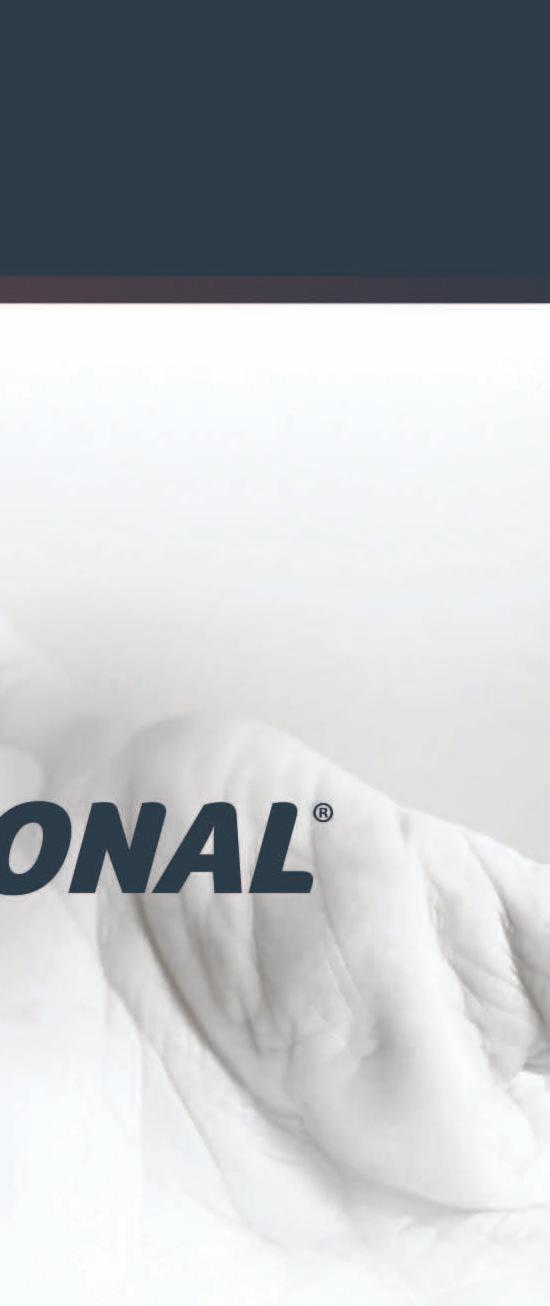
• Receive custom-fitted braces to support healing and enhance mobility
• Benefit from a treatment plan tailored to your unique needs, whether you’re recovering post-surgery, managing a chronic condition, or seeking greater independence.
TAKE THE FIRST STEP TOWARDS RECOVERY-CONTACT US TODAY!

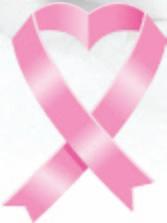


needs of young women diagnosed with breast cancer, metastatic breast cancer patients, and their loved ones — helping improve quality of life and foster resilience.
During Breast Cancer Awareness Month, we extend our deepest gratitude to our volunteers, who remain the heart of our program. Many have personally benefited from Adelphi’s services and now find fulfillment in giving back — offering hope, resources and encouragement to others who are just beginning their journey. They are the bridge between awareness and action — the reassuring voices who remind callers to schedule mammograms, who share their stories to ease fear, and who embody the message that healing and hope are always possible.
Whether it’s answering calls on the hotline, providing education at community outreach events, or inspiring others through their survivorship, our volunteers truly make a difference every day.
Together, we’re not just raising awareness — we’re building a community where no one faces breast cancer alone.
Reyna Machado MA, MBA, is Executive Director of the Adelphi NY Statewide Breast Cancer Hotline and Support Program
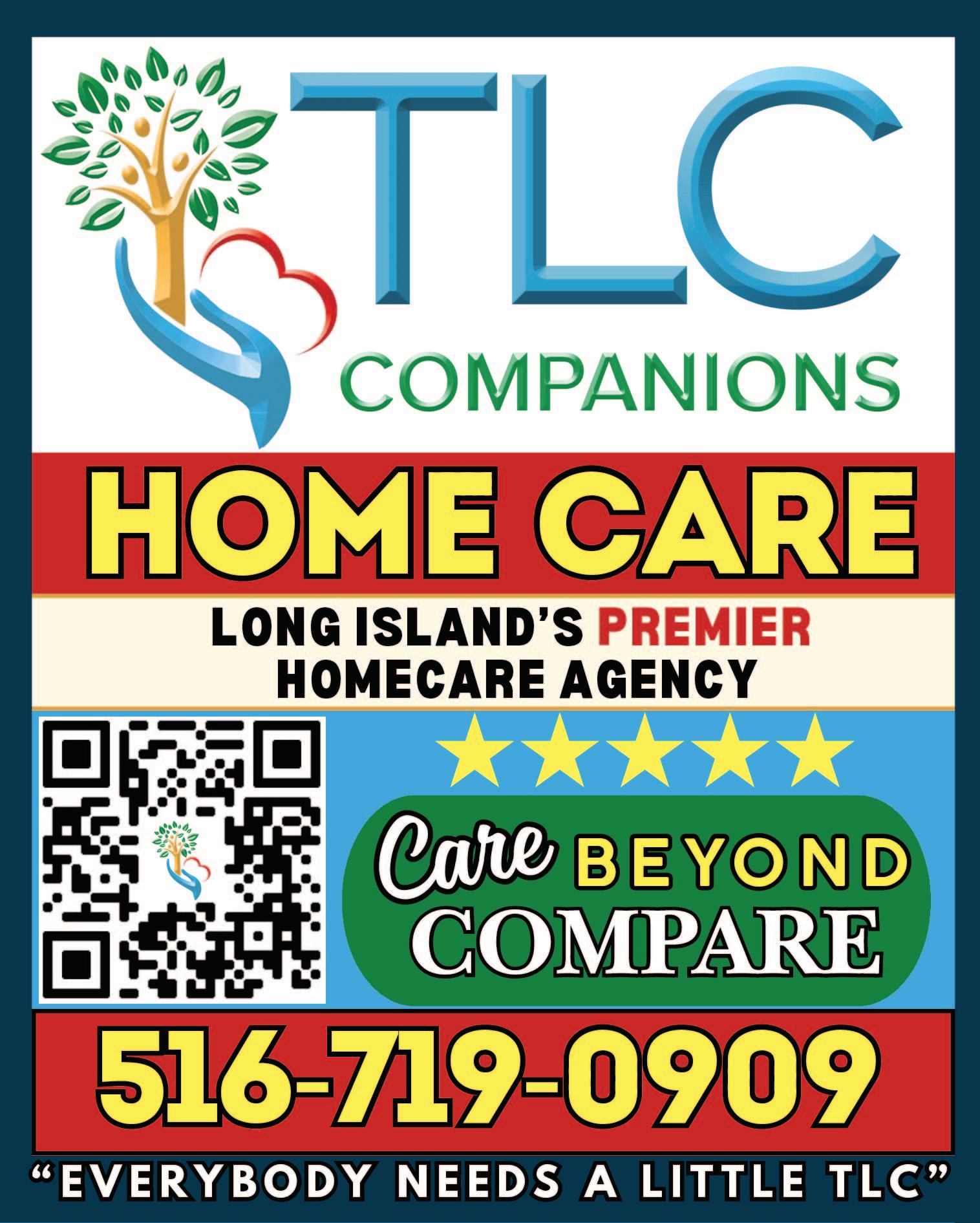
For more than four decades, the Adelphi NY Statewide Breast Cancer Hotline & Support Program has been a lifeline for patients and survivors across Long Island and New York State. It remains one of the oldest breast cancer programs in the country staffed by professionally trained and supervised volunteers — many of whom are survivors themselves. Their empathy, compassion, and understanding provide hope to those navigating one of life’s most difficult challenges.
In 2025, the American Cancer Society estimates that approximately 316,950 women —and approximately 2,800 men — will be diagnosed with invasive breast cancer.
Guided by its powerful motto, “You are not alone,” Adelphi’s Breast Cancer Program offers free, comprehensive support to those affected by breast cancer — through every stage of the journey. Services include a 24/7 hotline staffed by more than 65 trained volunteers, a Peer-toPeer program, professional counseling provided by licensed social workers (in English and Spanish), crisis intervention, referrals, and support groups available in person, by phone, and via Zoom. Educational forums and community events are also held throughout the year to empower patients, survivors, and their families.
At the heart of Adelphi’s mission are its volunteers — the voices of understanding on the hotline, the compassionate peers who lead groups, and the advocates who share their stories to inspire others. Many first came to Adelphi seeking support during their own diagnoses and now give back so that others never have to feel alone. Their courage and generosity remind us of the power of community and connection.
Early detection remains one of the most effective ways to improve outcomes, and Adelphi encourages everyone to stay informed, perform regular self-exams, and schedule annual screenings.
Read on to learn about the hotline’s compassionate volunteers. Their inspiring stories truly reflect that we are all a powerful community that stands strong — together.
To learn more about the Adelphi NY Statewide Breast Cancer Hotline & Support Program, call (800) 877-8077 or visit breast-cancer.adelphi.edu.
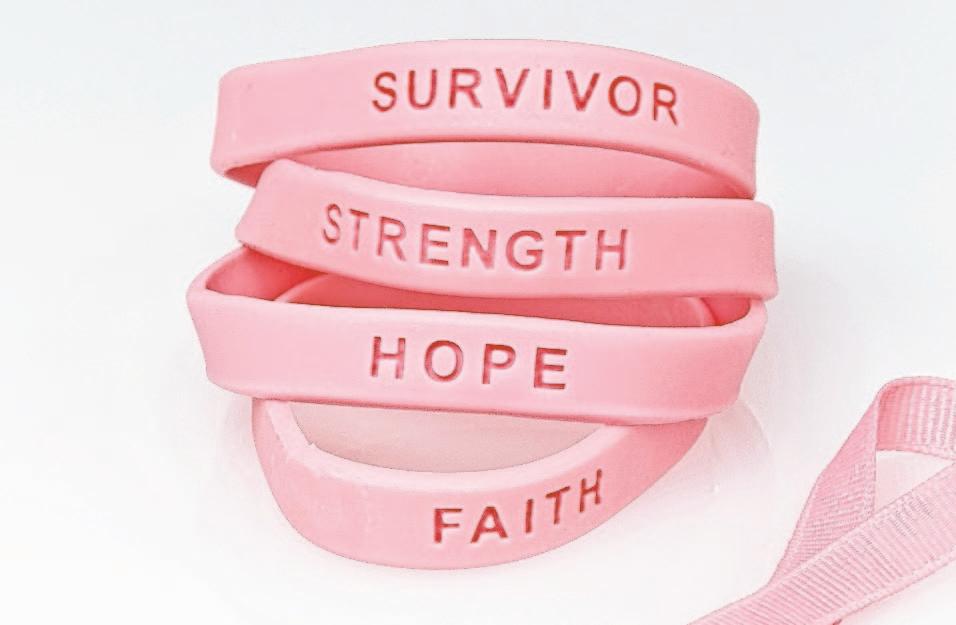
Breast cancer is the most common cancer diagnosed in women (excluding skin cancer) and second only to lung cancer as a cause of cancer death in women. About 1 in 8 women, or approximately 13 percent of the female population in the U.S., will be diagnosed with breast cancer in her lifetime and 1 in 833 men.
In 2025, an estimated 316,950 women will be diagnosed with invasive breast cancer in the U.S. In addition, 59,080 new cases of non-invasive ductal carcinoma in situ (DCIS) will be diagnosed. As of Jan. 1, there were more than 4.3 million women in the U.S. with a history of breast cancer. The ACS projects this number will increase to 5.3 million by 2035. Chances are, you know at least one person who has been personally affected by breast cancer.
But there is hope. When caught in its earliest, localized stages, the fiveyear relative survival rate is 99 percent. Advances in early detection and treatment methods have significantly increased breast cancer survival rates in recent years.
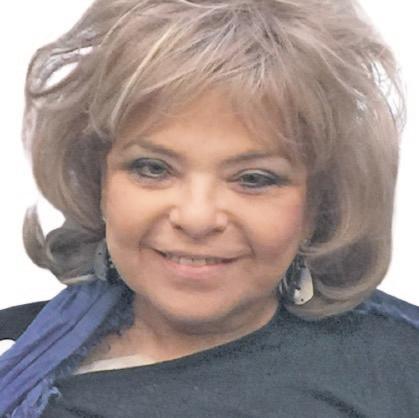

Sandee Janin, Long Beach
Age at diagnosis: 65
Diagnosed in 2016
In 2016, at the age of 65, I found a lump in my breast. A visit to my doctor confirmed my worst fear — I had Stage 3C breast cancer. During my career, I worked in downtown Manhattan, just a mile from the World Trade Center. My treatment plan was aggressive and included a double mastectomy, radiation and chemotherapy.
To this day, that diagnosis remains one of the most traumatic experiences of my life — something that still affects me daily. Even after successful treatment, I continue to live with lymphedema from the removal of lymph nodes. It impacts what I can wear and how I feel in my body — a constant reminder of my cancer journey.
Three years ago, as I was preparing to retire, a friend told me about the Adelphi NY Statewide Breast Cancer Hotline & Support Program. They were looking for volunteers, and I thought it might be a meaningful way to spend my time. During my own diagnosis, I had felt so alone. I wanted to be a source of comfort and understanding for others who were just beginning their journeys.
Now, as a volunteer, I help callers navigate their diagnoses and treatments. I’ve found that they often learn from my experience just as much as I learn from theirs. Supporting others has been healing for me, and I often wish I had known about the program when I was in treatment.
As I approach the 10-year anniversary of my diagnosis in 2026, it feels like a kind of graduation — a milestone that comes with both gratitude and uncertainty. For nearly a decade, I’ve seen my oncologist regularly while on hormone therapy, and now I’m learning what it means to move forward.
Looking back, I’m deeply grateful for my husband, who cared for me throughout my treatment, and for the perspective breast cancer has given me. It’s taught me to be more mindful of time and intentional about how I spend it. Today, I’m honored to devote that time to supporting other breast cancer patients.
If I could share one piece of advice with someone newly diagnosed, it would be this: This too shall pass.
• An estimated 2,800 new cases of invasive breast cancer will be diagnosed in men in the U.S.
• Breast cancer is the most common cancer in American women, except for skin cancers. It is estimated that in 2025, it’s estimated that approximately 30% of all new female cancer diagnoses will be breast cancer.
• On average, every two minutes a woman is diagnosed with breast cancer in the United States.
• Approximately 66 percent of breast cancer cases are diagnosed at a localized stage, before cancer has spread outside of the breast, when it is easiest to treat.
• The five-year relative survival rate for cancer diagnosed at the localized stage is 99 percent.
• Approximately 15 percent of women diagnosed have a family history of breast cancer. Those with a first-degree relative (mother, sister, daughter) with breast cancer are nearly twice as likely to develop breast cancer themselves.
• Breast cancer death rates have dropped by 41 percent since 1989, as a result of earlier detection through increased awareness and mammography screening, as well as advances in treatments. Despite this drop, Black women are 40 percent more likely to die of breast cancer than white women overall and are twice as likely to die if they are younger than age 50.
• There are more than four million breast cancer survivors in the U.S. today, including those who have completed treatment and those still undergoing treatment. More than 150,000 of these survivors are living with metastatic breast cancer.
• Half of U.S. women who develop breast cancer are 62 years of age or younger when they are diagnosed.
• About 9% of all new breast cancer cases in the U.S. are diagnosed in women younger than 45 years old.
• Younger people, particularly those under age 35 at the time of their original breast cancer diagnosis, face a higher risk of breast cancer recurrence.
• Evidence is growing that regular physical activity reduces breast cancer risk, especially in women after menopause. Exactly how physical activity might reduce breast cancer risk isn’t clear, but it may be due to its effects on body weight, inflammation, hormones, and energy balance
Courtesy American Cancer Society
Nearly 2,400 women on Long Island and 300,000 across the United States are expected to be diagnosed with breast cancer this year. Some will develop malignancies between routine screenings, which may progress to an advanced stage and require more intensive treatment.
At Mount Sinai South Nassau’s Center for Women’s Imaging, breast health imaging specialists are using mammographic tomosynthesis screening with artificial intelligence (AI) to detect breast cancer earlier, resulting in timely treatment and better results.
Tomosynthesis screening captures a series of highresolution images of breast tissue, which can be viewed individually or in “dynamic cine mode,” a sequence that provides a video-like view of the tissue.
Acting as a second set of eyes, AI quickly scans the images in the mammogram, looking for suspicious abnormalities. “AI does not replace the radiologist but, rather, augments the diagnostic reading process, helping radiologists prioritize suspicious cases and confirm findings,” said Mindy Scheer, DO, Director of Breast Imaging at Mount Sinai South Nassau and a board certified diagnostic radiologist. “When both the radiologist and AI concur and find no abnormalities, there is a high degree of confidence in the diagnosis.”
In addition to detecting potential abnormalities, AI tools reduce the time it takes to read complex 3D images, improve cancer detection rates, and decrease false-positive results. The landmark Mammography Screening with AI randomized controlled trial found that AI-supported screening detected 20 percent more cancers than the standard double reading by two radiologists.
“It is extremely important to find breast cancers early, before the cancer invades the tissue,” said Christine Hodyl, DO, Director of Breast Health Services at Mount Sinai South Nassau. “The earlier the cancers are found, the easier they are to treat.”
The American College of Radiology (ACR) breast screening guideline calls for all women—particularly Black and Ashkenazi Jewish women—to have risk assessment by age 25 to determine if screening earlier than age 40 is needed. The ACR continues to recommend annual screening starting at age 40 for women of average risk, but earlier and more intensive screening for high-risk patients.
Mount Sinai South Nassau is accredited by the National Accreditation Program for Breast Centers and is an ACR-designated Comprehensive Breast Imaging Center. The facility’s mammography, ultrasound, magnetic resonance imaging, and stereotactic breast biopsy are accredited by the ACR’s Commissions on Quality and Safety and Breast Imaging.
If a tumor or abnormality is detected, Mount Sinai
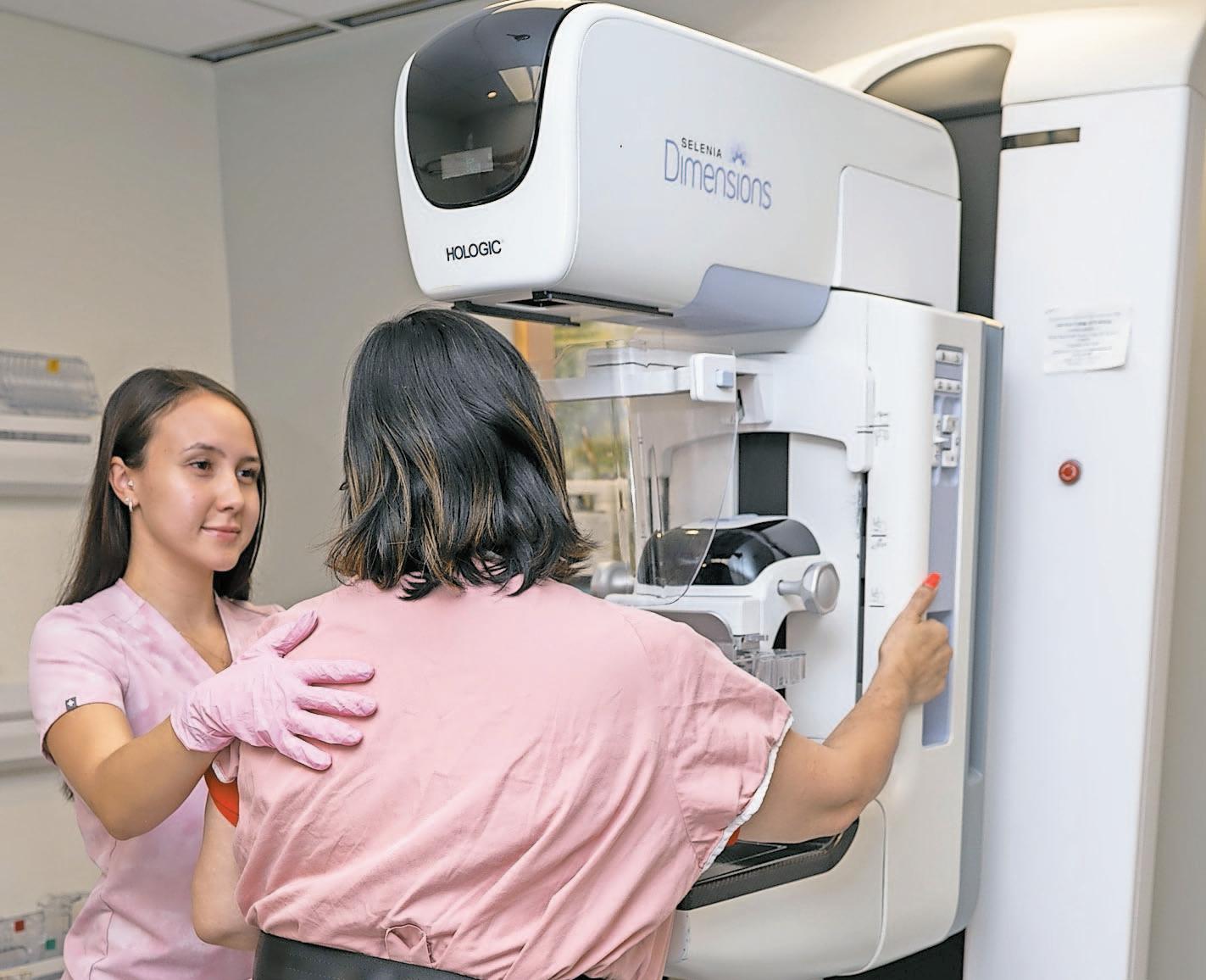
South Nassau’s Center for Breast Health offers a multidisciplinary breast care program, with a full spectrum of clinical and support services. Accredited by the National Accreditation Program for Breast Centers, the center’s team of surgeons, led by Dr. Hodyl, use advanced techniques that aim to preserve as much of the healthy breast and surrounding tissue as possible. If mastectomy—an operation in which the breast is removed—is needed, there are many options for breast reconstruction, including immediate prepectoral reconstruction with mastectomy, where a breast implant is placed directly on top of the chest muscle as a one-step procedure; a nipple-sparing mastectomy; and DIEP flap autologous breast reconstruction, which involves the surgeon taking skin, fat, and blood vessels from the lower abdomen to create a new breast.
Immediate prepectoral reconstruction involves placing the implant directly under the skin on top of the chest muscle, without the need to cut or lift the muscles. In addition to significantly reducing animation deformity (visible distortion or movement of the breast implant), this approach is less invasive and reduces bleeding, pain, muscle trauma, and postoperative recovery. Fat grafting can be performed
later if needed to soften or enhance the cosmetic results.
If oncologically safe and appropriate, nipple-sparing mastectomy involves the removal of breast tissue, but leaves the nipple, areola, and breast skin intact. The main objective is to preserve the nipple-areolar complex and skin covering with its blood supply while removing all breast tissue affected by or at risk of cancer.
The DIEP flap autologous breast reconstruction method) is known for its long-term results, natural appearance and feel, and the best opportunity for sensory restoration.
To schedule a consultation or for more information, call Mount Sinai South Nassau Breast Health Services, 516-632-3550, or Center for Women’s Imaging, 516255-8220 or visit www.southnassau.org/sn/womenshealth.
mountsinai.org/southnassau

ADELPHI NY STATEWIDE BREAST CANCER SUPPORT & HOTLINE
More than 100 highly trained volunteers o er emotional support, information and referrals, all free. Social work sta provides professional services. Hotline as well as extensive support groups and counseling program, with educational forums and advocacy activities.
Adelphi NY Statewide Breast Cancer Support & Hotline 800-877-8077 516-877-4320 breast-cancer.adelphi.edu
SUSAN G. KOMEN FOR THE CURE
The Susan G. Komen Breast Cancer Foundation site provides updated cancer research and o ers practical breast health tips. The site also includes information about Race for the Cure. A helpline is available.
Susan G. Komen for the Cure 877 GO KOMEN (800-462-9273) ww5.komen.org
LIVING BEYOND BREAST CANCER
LBBC is a national nonpro t organization dedicated to empowering all women a ected by breast cancer to live as long as possible with the best quality of life. Programs and services include the helpline, conferences, teleconferences, networking programs, newsletters, publications and recordings.
Living Beyond Breast Cancer Survivors’ Helpline 888-753-5222 www.lbcc.org
BREAST CANCER HELP, INC.
Since its inception, Breast Cancer Help has taken a multlipronged approach to combating breast cancer on Long Island, according to the organization.
Breast Cancer Help, Inc.
745-520-3075 breastcancerhelpinc.org
CANCER CARE, INC.
Provides support services (including on-line and on-site support groups), education, information, referrals and nancial assistance. A Long Island o ce is located in Woodbury. Cancer Care, Inc.
800-813-HOPE 516-364-8130 (Long Island) www.cancercare.org

LEAN ON ME
BREAST CANCER NETWORK INC.
Established to provide comprehensive resources to women for issues pertaining to breast health and disease. Programs and services are designed to assist patients and families to manage their diagnosis, treatment and recovery.
Lean on Me Breast Cancer Network Inc. 516-829-6609 www.leanonmebcn.com
MID NASSAU LEND A HELPING HAND, INC
LAHH provides customized services to breast cancer patients in hopes of relieving some of the stress and worry a cancer diagnosis and ensuing treatment creates. It addresses the needs of women in the Long Island communities of Carle Place, Garden City, Hempstead, East Meadow, Mineola, Westbury and Uniondale.
Mid Nassau Lend A Helping Hand, Inc. (LAHH) 888-420-1030
Hewlett House, located in Hewlett, is a community learning resource center o ering many support programs, outreach, education, research, Reiki, Tai Chi, chair yoga, wig program, counseling, art center, music and pet therapy. All at no charge in a home enviornment.
Hewlett House 516-374-3190 hewlett-house.org
Co-pay relief program provides direct nancial support to insured patients, who must nancially and medically qualify to access pharmaceutical co-payment assistance. The Foundation also assists patients with medical debt crisis, insurance access issues and job retention.
Patient Advocate Foundation 866-512-3861 www.copays.org
Nonpro t organization that provides patients and professionals with information about prevention and treatment of this complication of lymph node surgery. Call the hotline for referrals. National Lymphedema Network 800-541-3259 www.lymphnet.org

SHARE: SUPPORT SERVICES FOR WOMEN WITH BREAST OR OVARIAN CANCER
O ers peer-led support to women with breast or ovarian cancer, their families and friends. Services include hotlines, support groups, wellness programs, educational forums and advocacy activities.
SHARE: Support Services for Women with Breast or Ovarian Cancer 866-891-2392
www.sharecancersupport.org
The American Cancer Society is a nationwide, community-based health organization dedicated to the ght against cancer. Free information on treatment, reconstruction, sexuality and relationships.
O ers prevention, education, advocacy, emotional support and other services for all types of cancer and referrals for the ACSsponsored “Reach for Recovery” program.
American Cancer Society
800-ACS-2345 www.cancer.org
Y-ME NATIONAL BREAST CANCER ORGANIZATION
Provides support, counseling and information. Tips for talking with family and friends (including children). Partner Match program, a service for those supporting women through breast cancer, and a guide, When the Woman You Love Has Breast Cancer. Also Your Shoes, a 24/7 breast cancer peer support center.
Y-ME National Breast Cancer Organization
800-221-2141 www.y-me.org
BREAST CANCER COALITION
This group’s mission is to promote awareness, advocate for increased funding for research into the causes of breast cancer, and for improved methods of detection and treatment; and assistance in securing access to screening, diagnosis, and treatment.
Long Beach Breast Cancer Coalition 516-943-3404 longbeachbcc.com
NUMC BREAST IMAGING CENTER
Screenings with no out-of-pocket expense for those in need. Also providers of Cancer Services Program, a comprehensive cancer-screening and counseling service where breast, cervical and colorectal screenings are regularly performed free of charge for women and men who qualify.
NUMC Breast Imaging Center 516-572-3300 www.numc.edu/our-services/diagnosticimaging/
ROCKVILLE CENTRE
BREAST CANCER COALITION
Education and advocacy of breast cancer research, providing support services to those in Rockville Centre and neighboring towns who have been diagnosed with breast cancer.
Rockville Centre Breast Cancer Coalition www.rvcbcc.org
The Breasties mission is to empower those a ected by breast and reproductive cancers by igniting strength and positivity through connection, free retreats, wellness activities, events and an all-inclusive resourceful online community. The hope is to spread the message that whatever you are going through — you are not alone.
The Breasties thebreasties.org
A WORLD OF PINK (AWOP)
This nonpro t is a health facility dedicated to providing comprehensive aftercare and education for all women who have chosen or due to health reasons undergo breast surgery.
A World of Pink (AWOP) 516-513-1275 • 631-364-9684 aworldofpink.com
CASTING FOR RECOVERY
Unique retreat program that combines breast cancer education and peer support with the therapeutic sport of y- shing, at no cost to participants.
Casting For Recovery 631-252-7195 www.castingforrecovery.org
MANHASSET WOMEN’S COALITION AGAINST BREAST CANCER (MWCABC)
Helps residents of Manhasset and nearby communities who are coping with breast cancer. Outreach Program provides information, emotional support, wellness retreats, gifts of hope, housecleaning, nancial assistance and transportation services.
Manhasset Women’s Coalition Against Breast Cancer (MWCABC) 516-627-2410 www.manhassetbreastcancer.org
Through a partnership with Support Connection, Pink Aid o ers a support hotline for breast cancer patients and survivors. Services o ered include ongoing emotional support and navigational support to help in nding resources. The hotline is open Monday to Friday yearround.
Pink Aid 1-800-532-4290 www.pinkaid.org


Provides information on all aspects of cancer and on clinical trials. National Cancer Institute 800-4-CANCER www.cancer.gov
House cleaner service at no charge, each person with cancer receives one general house cleaning per month for two consecutive months. Note from doctor needed.
Cleaning For A Reason 877-337-3348 www.cleaningforareason.org
MAURER FOUNDATION FOR BREAST HEALTH EDUCATION
Educational breast health programming focusing on breast cancer prevention, healthy lifestyle choices, early detection and risk reduction. Presentations o ered at no charge for high schools, colleges, community groups and businesses. Maurer Foundation For Breast Health Education 631-524-5151 www.maurerfoundation.org
Provides emergency aid for individuals who need support due to their breast cancer diagnosis. Funds are o ered to help pay for non-medical, household expenses. Pink Purse www.pinkaid.org/pa/pink-aid-pink-purse
CURE MOMMY’S BREAST CANCER
Financial assistance, moral support, and educational information to those in need of nancial assistance while su ering the burdens of breast cancer as well as other forms of cancer. Assistance with insurance premiums, rent, utility bills, home cleaning services, and transportation costs to special schools for sick children.
Cure Mommy’s Breast Cancer 516-967-1148 www.curemommy.org
MERCY MEDICAL CENTER BREAST CANCER SURVIVORSHIP PROGRAM
Free mammograms, ultrasounds, molecular breast imaging and biopsies to quali ed medically underserved and uninsured residents of Nassau and Su olk County.
Mercy Medical Center Breast Cancer Survivorship Program 516-705-1399 mercymedicalcenter.chsli.org
YOUNG SURVIVAL COALITION

Dedicated to addressing the concerns and issues unique to young women with breast cancer.
Young Survival Coalition 877-YSC-1011 www.youngsurvival.org
BREAST CANCER NETWORK
Network that provides free support services to breast cancer patients and their families, including education, wellness seminars, group support and annual retreat. Patient care packages include information kits, necessity bags, wigs, and post-surgical bras and ttings.
Lean On Me Breast Cancer Network 516-829-6609 leanonmeny@gmail.com www.leanonmeny.org
The Five Wishes refers to a comprehensive approach that discusses advanced directives with individuals and families.
The Five Wishes o ers legal documents, support resources for patients and professionals, and links to pertinent information that social workers often use with individuals dealing with a lifethreatening illness.
The Five Wishes 850-681-2010 info@ vewishes.org www. vewishes.org
Rocking the Road for a Cure Inc., is a community-based non-pro t organization founded to provide free educational and homebound wellness programs, case management, counseling, recreational therapy and other support services for women and men going through the diagnosis and treatment of breast cancer.
Rocking The Road For A Cure 516-417-1911 rockingtheroadforacure@gmail.com https://rockingtheroadforacure.org
A national organization of cancer survivors dedicated to addressing the unique concerns of young Jewish women facing breast cancer. It also provides culturally sensitive support to young Jewish women who are newly diagnosed with breast cancer as well as to those facing the risk of developing breast cancer, and o ers related resources for Jewish communities and health care organizations.
Sharsheret 866-474-2774 info@sharsheret.org www.sharsheret.org
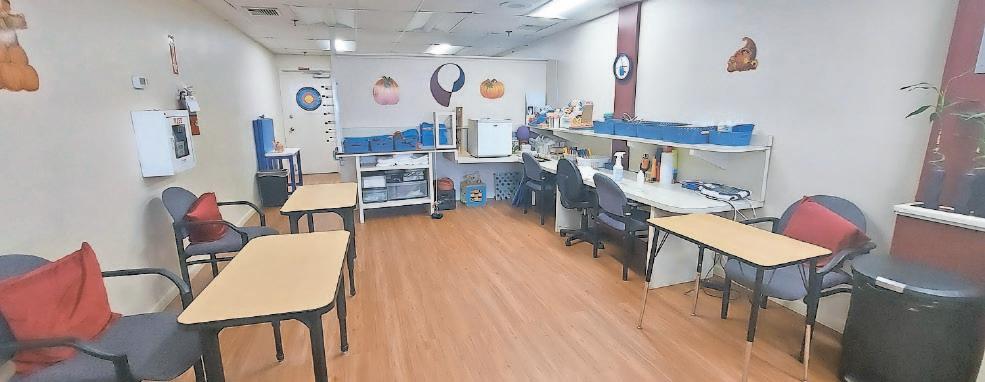
Professional Hand Therapy in Merrick provides exceptional treatment and outstanding results. Their expert care ensures patients regain maximum hand function quickly and effectively.
Alexia Santiago, OTR/L, CHT, is proud to offer the community specialized and compassionate care as the Clinical Director of the Professional Physical Therapy Hand Therapy location. Since beginning her practice as an Occupational Therapist in 2018, Alexia immediately gravitated toward outpatient orthopedic care.
Under Alexia’s leadership, the Merrick clinic offers a specialized, comprehensive approach to hand injuries. She treats a wide range of diagnoses, including complex fractures, post-surgical pain management, trigger finger, and arthritis. A key component of her personalized care is the ability to fabricate custom splints right in the office,
precisely assisting with either regaining or restricting motion as needed for optimal recovery.
Alexia’s expertise extends beyond adult care, encompassing pediatric hand development, where she focuses on ageappropriate strengthening and fine motor skill acquisition.
Her commitment to specialization has allowed her to foster close relationships with top-tier physicians — including local and NYC-based orthopedic surgeons, pain management specialists, neurologists, and pediatricians. These collaborative relationships ensure patients receive the most effective care possible.
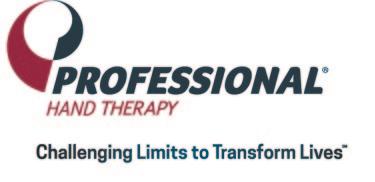
Health memos are supplied by advertisers and are not written by the Herald editorial staff.
Z2108
Merrick Mall, 50 Johnston Place, Merrick (516) 900-4909
Edward M. Stroh, M.D. is a boardcertified specialist in the treatment of retinal diseases and surgery. Dr. Stroh received his medical degree from Albert Einstein College of Medicine with a distinction in Ophthalmology. He completed his internal medicine internship at Long Island Jewish Medical Center, and his ophthalmology residency at North Shore University Hospital, He followed with a Retina Fellowship training at Massachusetts Eye and Ear Infirmary and Harvard Medical School, and was a research fellow at The Eye Research Institute of Boston.
Dr. Stroh is currently involved in research to prevent or minimize retina damage from diabetes mellitus, macular degeneration, and retinal detachment.
Diseases of the retina are among the leading causes of blindness in the United States. Common causes of vision loss include eye trauma, clouding of the lens (cataract), retinal damage due to diabetic retinopathy, breakdown of the central portion of the retina from age-related macular degeneration, retinal detachment, inflammation of the optic nerve (optic neuritis), stroke, and increased eye pressure (glaucoma).
Fortunately, new techniques have been
developed so that early detection and treatment can prevent vision loss in many cases. The diagnosis and treatment of diseases of the retina and vitreous is a uniquely specialized discipline, and many patients are referred by other ophthalmologists and doctors.
His office contains modern and sophisticated equipment to diagnose and treat various diseases of the retina and vitreous. Ultrasound, fundus photography, fluorescein and ICG angiography, OCT testing, laser and cryosurgery, pneumatic retinopexy, and intravitreal injection of medications are routinely performed in the office. Surgery of the retina, including newer Small Incision Vitrectomy Surgery techniques, are performed routinely in the operating room and allow faster healing.
Dr. Stroh and his team provide compassionate and empowering care to patients. Medicare and most major insurance plans are accepted.

M. Stroh, MD, FAAO 165
www.edwardstrohmd.com
wanger-Pesiri Radiology has long been committed to serving the health needs of Long Island, offering toptier diagnostic imaging services to the community. For over 70 years, they have built a reputation for excellence by combining state-of-the-art technology with compassionate patient care. Their focus on patient-centered service and accurate imaging helps ensure each individual receives the best possible care. With multiple locations throughout Long Island, ZP continues to make advanced radiology accessible, reinforcing their unwavering dedication to the community’s health and well-being.
One of the hallmarks of ZP is their constant investment in the newest advancements in radiology. They are committed to using cutting-edge equipment and hiring the best radiologists to interpret imaging studies with expert precision. By staying ahead of technological advancements, ZP ensures that their patients benefit from the highest-quality images and most accurate diagnoses, leading to better treatment outcomes. Their board-certified radiologists are highly experienced in subspecialties, ensuring that each study is read by an expert in the specific type of imaging required.
Among the advanced services ZP offers is a new iCAD system that coincides with our mammography studies. Profound AI® Detection is an intuitive iCAD system that incorporates AI detection and density grading that is added to mammography images.
Additionally, Profound includes a comparative analysis for screening exams. This will have the added benefit of prefetching the most recent screening exam and providing a direct
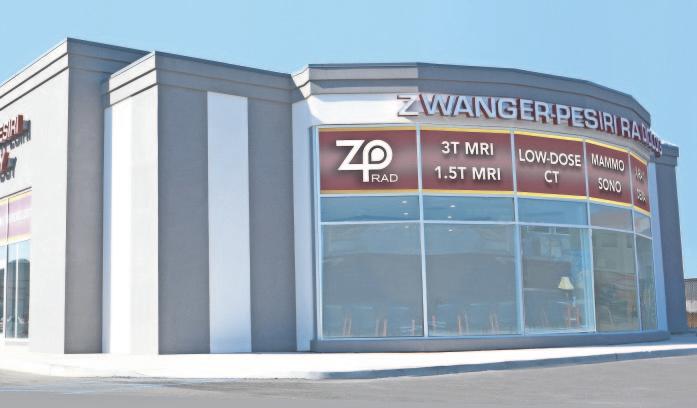
comparison, which assists the reading process by demonstrating any lesion progression or omitting stable, unchanged findings. Clinical results show a 23% relative increase in cancer detection rate without increasing the rate of recalls.
ZP also offers two advancements in X-ray. Bone Suppression X-ray, a specialized imaging technique that enhances the clarity of lung images by suppressing the bony structures in the chest. This technology makes it easier for radiologists to detect subtle lung nodules or other pathologies that might otherwise be obscured.
Dynamic Digital Radiology X-ray, is an innovative tool that allows real-time imaging of joints in motion, enabling doctors to better diagnose conditions such as arthritis, ligament injuries, or other musculoskeletal issues. By viewing joints in motion, physicians can gain a deeper understanding of how certain conditions affect movement, leading to more targeted treatments.
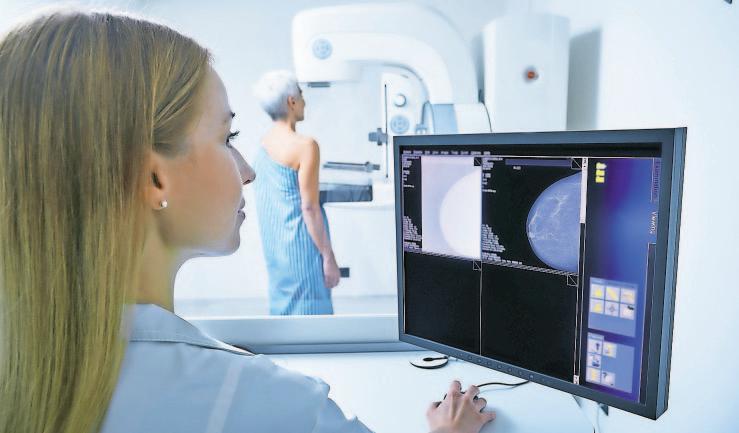
In addition, ZP provides specialized MRI exams, including IV sedation for patients who experience anxiety or discomfort during the procedure. Their specialized Pacemaker MRI department ensures that even patients with pacemakers or defibrillators can safely undergo MRI imaging, which traditionally poses challenges for individuals with such devices. These offerings demonstrate ZP’s commitment to providing accessible and comfortable care to all patients, regardless of their unique medical needs. Through these specialized services, they continue to set the standard for radiology on Long Island.
To make an appointment or for more information, call (516) 798-4242 or visit zprad.com.
A breast cancer diagnosis may set back your fitness routine, but it doesn’t need to be forever Get back in shape! There are plenty of exercise options after breast cancer.
Many wonder if it’s safe to return to the exercise regimens they followed prior to being diagnosed. The answer is yes. Breast cancer survivors can benefit from exercise, but it’s important to prioritize safety when working out.
Those who have had breast cancer surgery may be at risk of lymphedema, a condition characterized by swelling of the soft tissues of the arm, hand, trunk, or breast. That swelling is sometimes accompanied by discomfort and numbness; some people dealing with lymphedema also experience infection.
Keep in mind that some exercise may be especially risky for breast cancer survivors:
• Swimming laps using strokes with arm movements
• Activities that involve the usage of resistance bands
• Pull-ups and push-ups
• Certain yoga poses, including downward-facing dog and inversions, that put ample weight on the arms
• Elliptical/cross-training machines
• Cross-country skiing
• Tennis
Be strong, be smart
While you might want to avoid certain types of exercise, it’s important to note that the American Cancer Society recommends exercise after breast cancer surgery. But exercise should be approached with safety in mind, and breast cancer survivors should heed the following tips to ensure their exercise regimens do not compromise their recovery.
Discuss exercise with your physician and surgeon. Before making exercise a part of your post-recovery routine, speak with your physician and surgeon to determine if there any movements you should avoid. Your doctor and surgeon can tell you how you will be affected by medications you might be taking as part of your continued recovery.
Take it slowly. If you were an exercise enthusiast prior to your diagnosis, you must recognize that returning to your pre-cancer regimen may not be possible, or that it’s likely to take a while
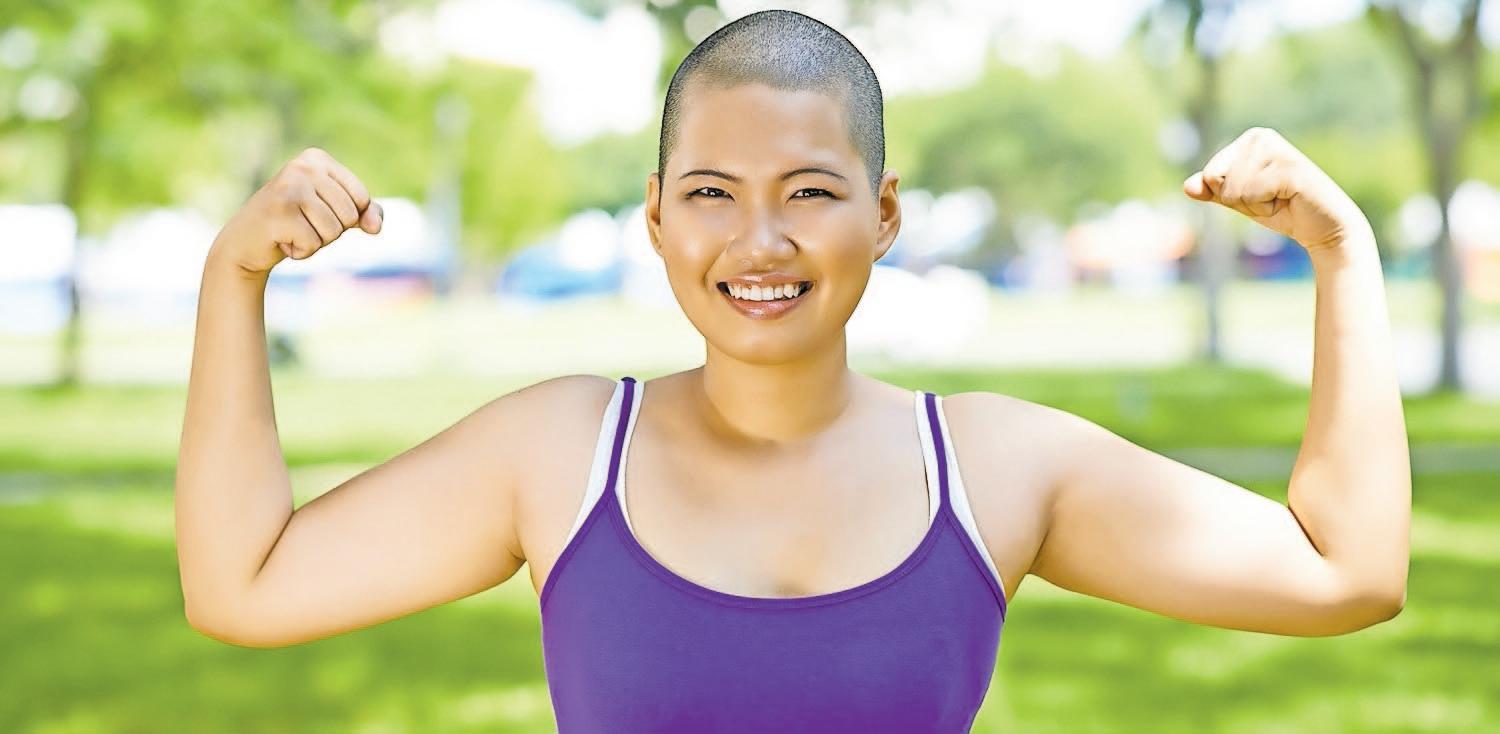
before you feel like your old self again. Take a gradual approach, allowing yourself to build strength and not expecting results to appear overnight.
Emphasize form. Place a great emphasis on form when exercising after surviving breast cancer. Many breast cancer survivors undergo surgery as part of their treatments, but even those who did not should still prioritize proper form when exercising, even if it means lifting substantially less weight than you might
have prior to your diagnosis.
Don’t persist through pain. If you feel any pain upon returning to exercising, stop immediately and speak with your physician and surgeon prior to exercising again.
Rest between sessions. You likely won’t be able to exercise on successive days anytime soon, but build off days into your routine so you can rest and recover.
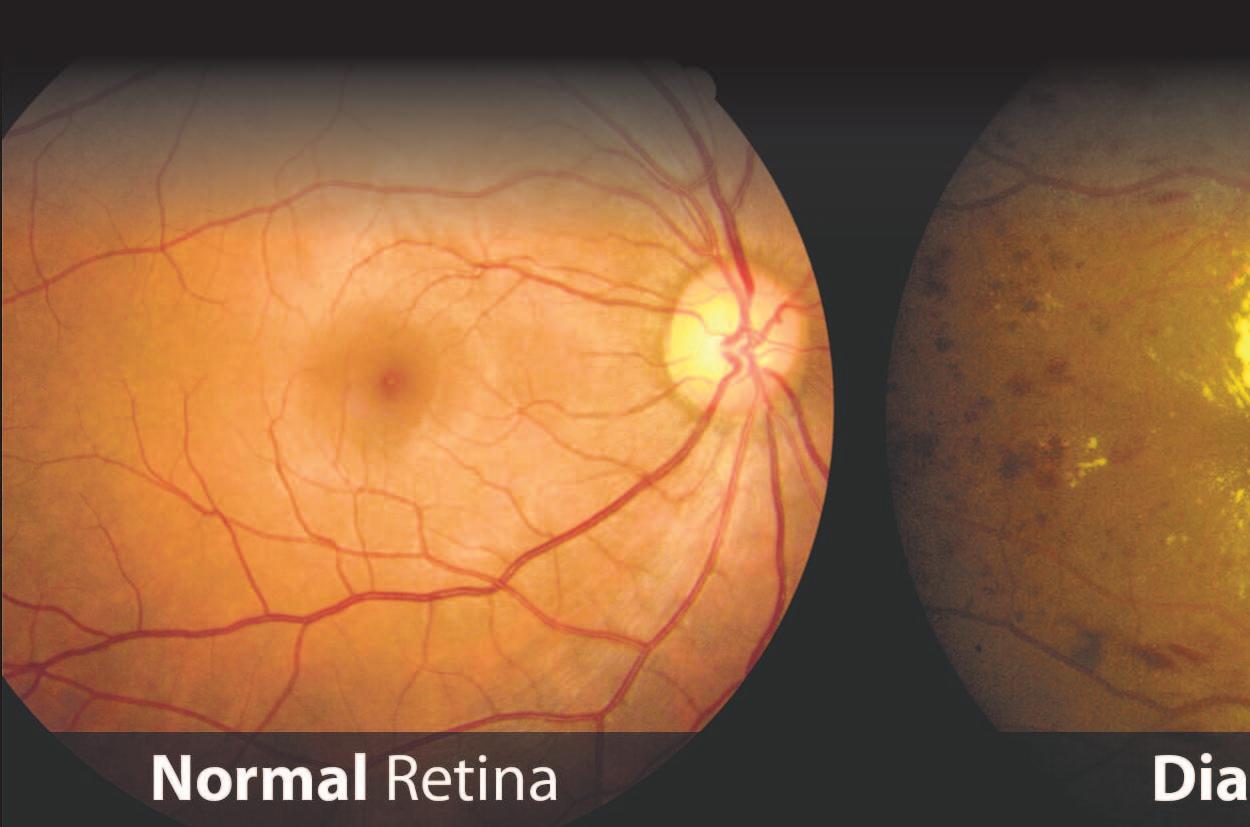

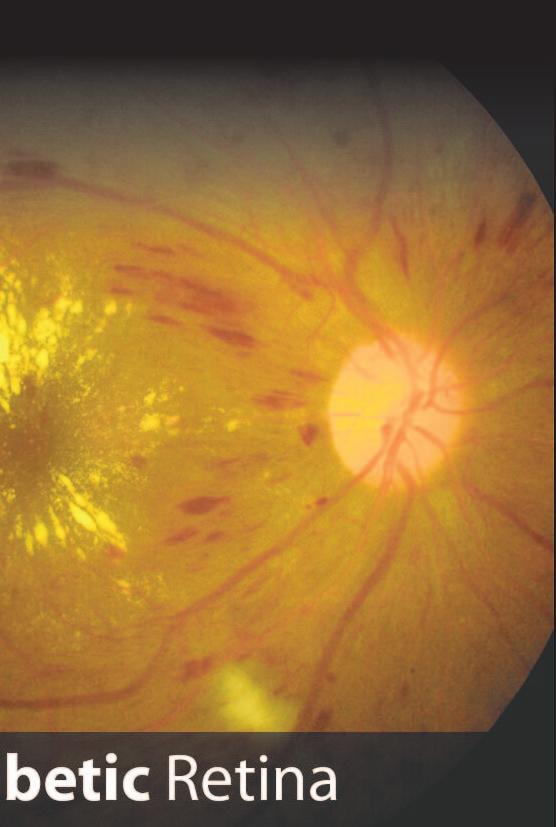

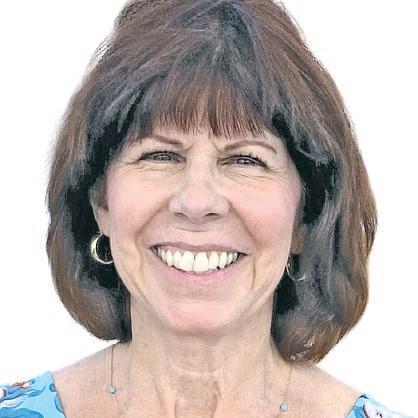
Kate Corrigan, Hicksville Age at diagnosis: 53 Diagnosed in 2008
In 2008, I found a lump during a self-breast exam at home — just three months after a routine mammogram that had come back normal. That discovery prompted me to visit my gynecologist, who performed an ultrasound and recommended a biopsy.
When I met with a breast surgeon for further evaluation, she found another suspicious area. A surgical biopsy confirmed my fears: I had both ductal carcinoma in situ (DCIS) and invasive breast cancer in the same breast.
I underwent a bilateral mastectomy and later had implant reconstruction. It was a difficult time, but I was determined to move forward with hope.
Fourteen years after my diagnosis, I came across an ad in the newspaper seeking volunteers for the Adelphi NY Statewide Breast Cancer Hotline & Support Program. I knew immediately it was something I wanted to do. Having experienced firsthand how isolating a breast cancer diagnosis can be, I wanted to support others walking that same path.
As a hotline volunteer for the past three years, I speak with newly diagnosed patients and participate in outreach events during Breast Cancer Awareness Month. Volunteering not only allows me to give back — it also reminds me how far I’ve come. Over the years, I’ve made many dear friends through the program. Adelphi truly values its volunteers, making each of us feel seen, supported, and part of a sisterhood.
My journey also inspired me creatively. After my experience, I wrote a song called “We Believe” — available on iTunes — to encourage women diagnosed with breast and ovarian cancer. I donate the proceeds to support cancer patients, in hopes of giving others strength through music.
If I could offer one piece of advice to someone facing a new diagnosis, it would be this: try not to be afraid, and don’t hesitate to accept help. Medicine has come so far — new treatments and therapies are giving people the opportunity to live full, rewarding lives after cancer. I’ve learned that so much depends on your mindset. Keeping a positive attitude and leaning on others for love and support can make all the difference.
I am forever grateful for the life I have today — and for the community that continues to inspire me every step of the way.
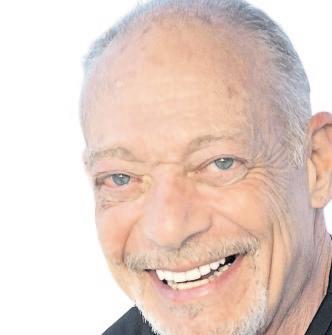

Age at diagnosis: 71
Diagnosed in 2020


In March 2020, I was in Las Vegas coaching a team in a baseball tournament when I noticed something unusual near my left nipple after stepping out of the shower. Fortunately, I already had a doctor’s appointment scheduled for the following week, so I made a mental note to mention it. What I couldn’t have predicted was that just days later, the Covid-19 pandemic would turn the world upside down.
When I returned home to New York, the pandemic had officially been declared. My doctor’s office called to reschedule my appointment — not for a few weeks, but for June. By the time I finally saw my doctor months later, I almost forgot to bring up what I had noticed back in March. When I did, he examined the area and immediately scheduled a mammogram for the next day.
After the mammogram came a needle biopsy. Within a week, I received a preliminary diagnosis: Stage 3A breast cancer.
Because of the pandemic, I had to wait until late August 2020 for surgery. I underwent a mastectomy and had five lymph nodes removed. In October, I began five months of chemotherapy, followed by five weeks of daily radiation treatments that continued through May 2021.
As an Adelphi University graduate, I was already familiar with the school when I began volunteering with the Adelphi NY Statewide Breast Cancer Hotline & Support Program in 2022. One of the reasons I wanted to volunteer was to raise awareness that breast cancer isn’t just a women’s disease. Men can — and do — get breast cancer too.
In addition to volunteering on the hotline, where I’ve spoken with a few newly diagnosed male patients, I also run a men’s recreational baseball league. Each year, we host a fundraising tournament to raise awareness for male breast cancer, with proceeds benefiting the Adelphi Breast Cancer Program.
My message to men is simple: no one should die of embarrassment. If you see something, get it checked. Breast cancer is not just a women’s issue: it’s a health issue that affects us all.
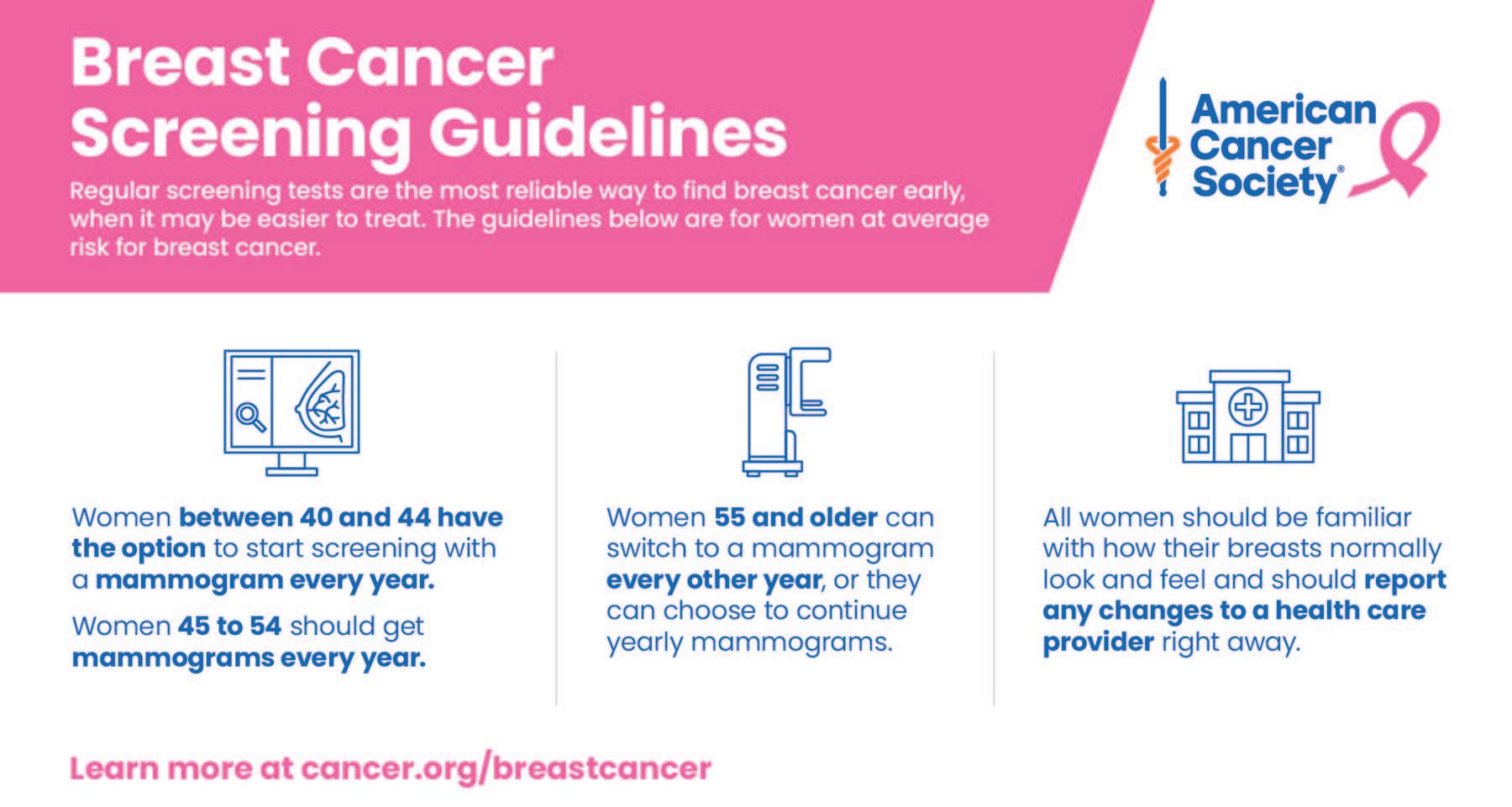

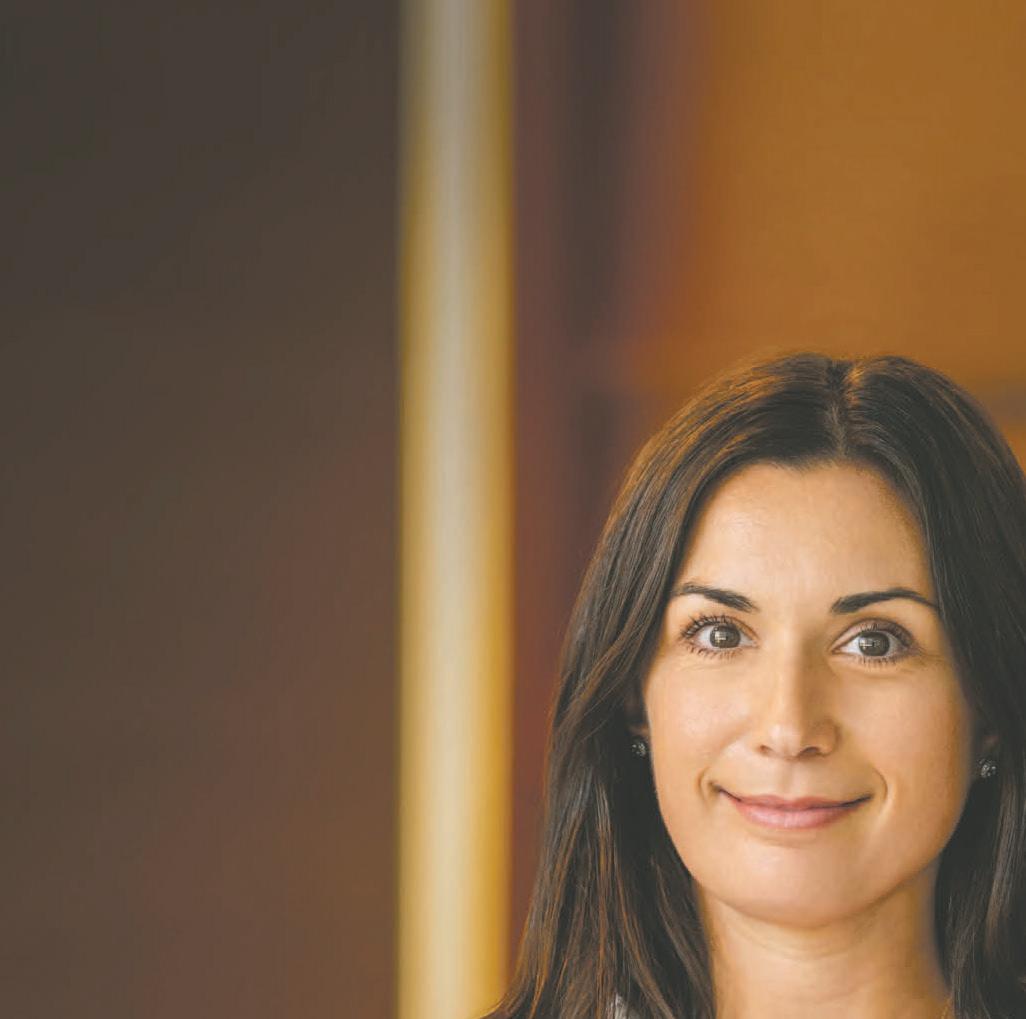

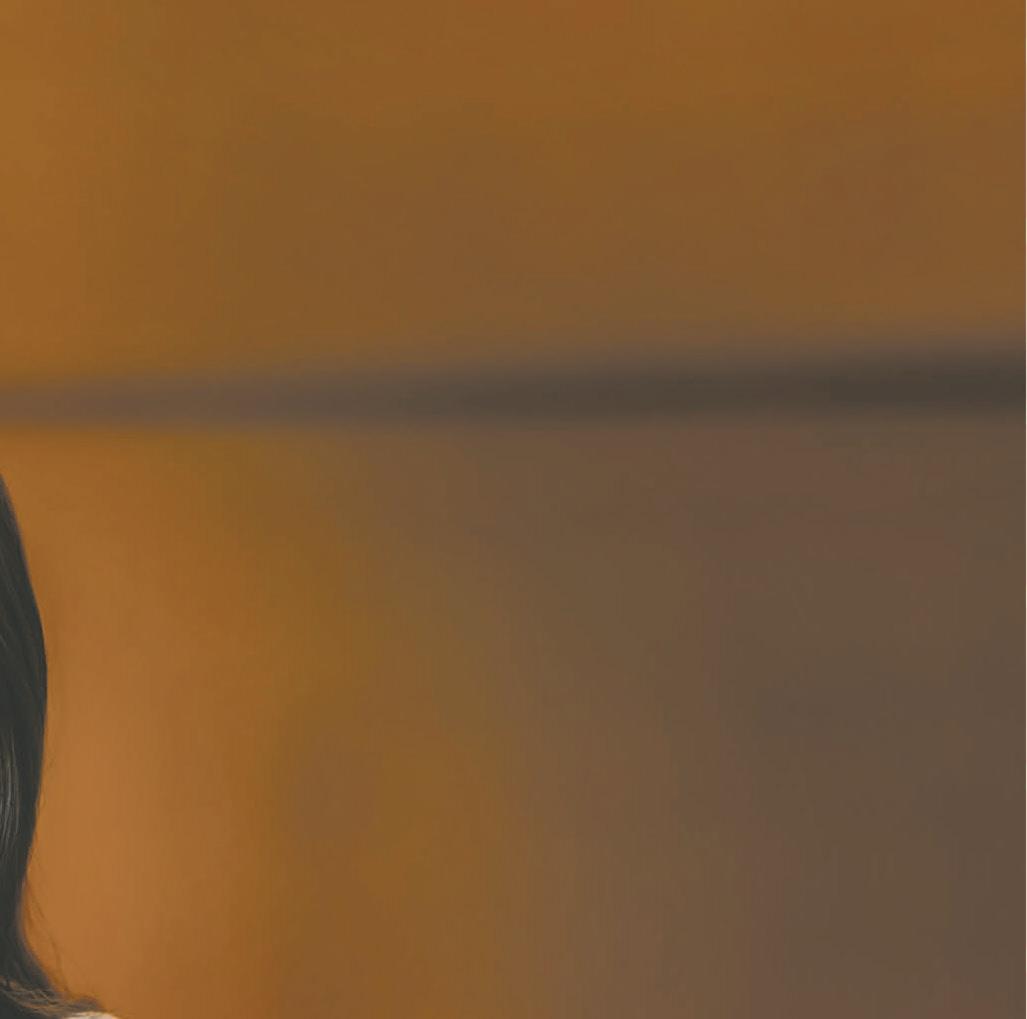
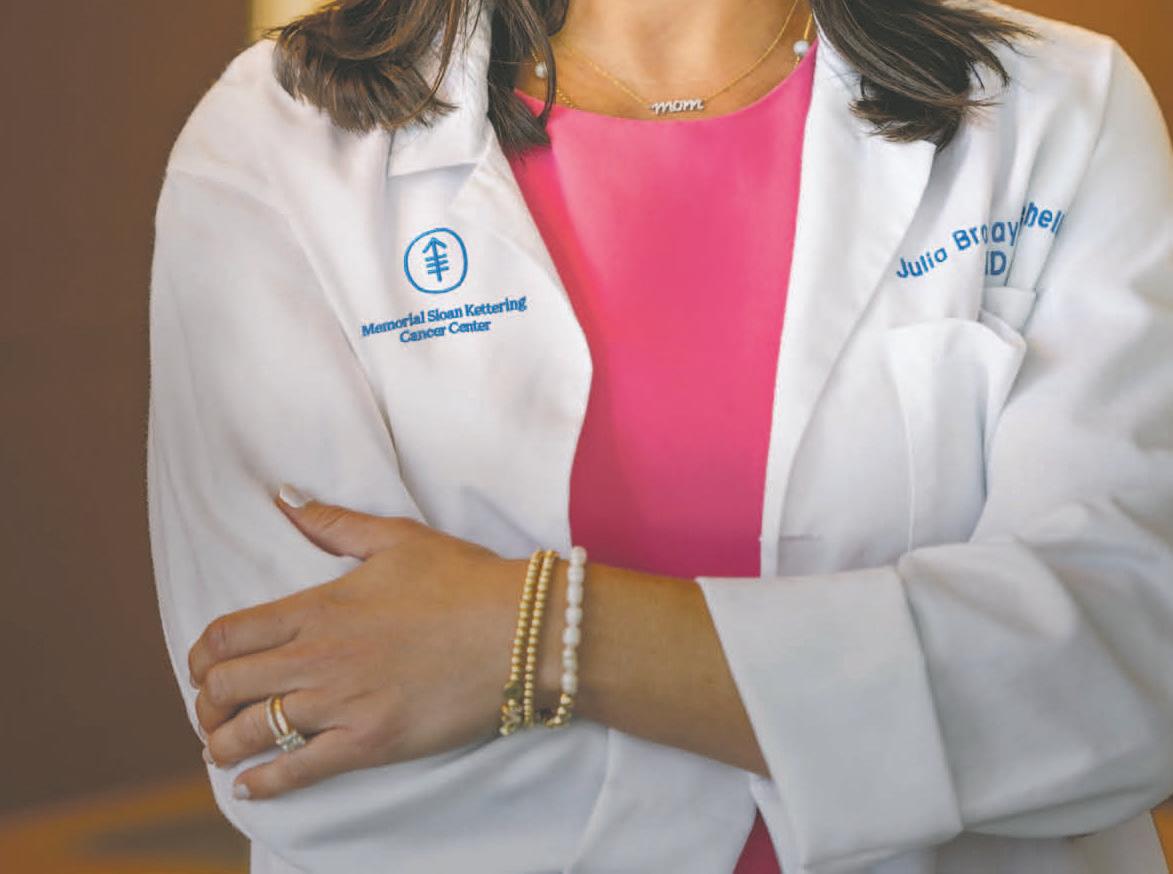
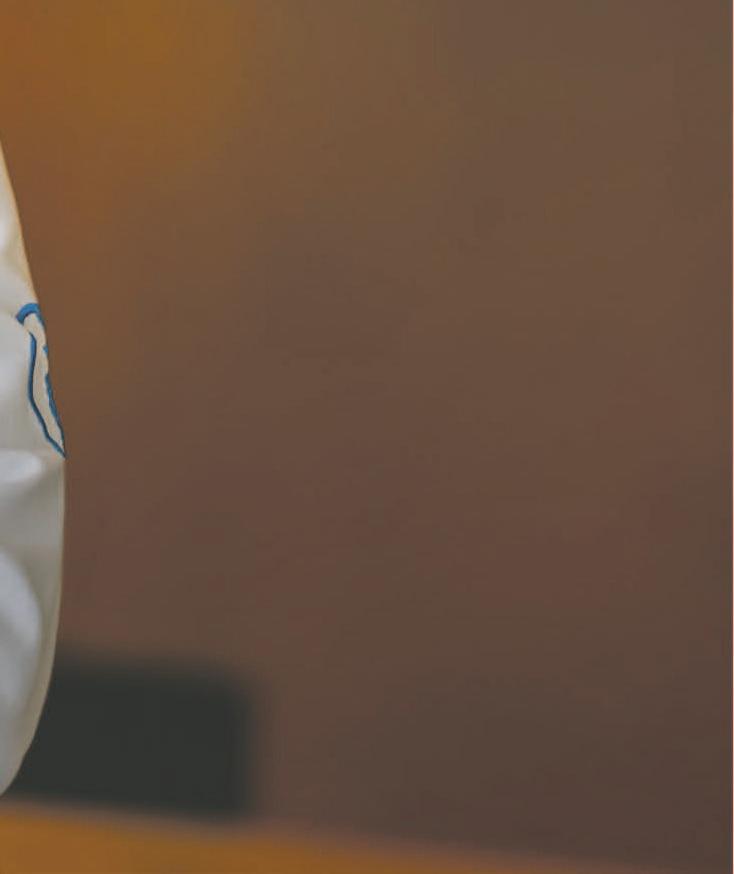
By Karen Bloom
Geri Barish has been at the forefront in the battle against breast cancer here since 1988, and has earned the distinction of being New York State’s preeminent breast cancer activist. In 1996, she was awarded the 1st Annual New York State Innovation in Breast Cancer Early Detection and Research Award.
Barish is no stranger to the pain and torment of cancer: she is a three-time breast cancer survivor. Moreover, her son, Michael, died at a young age from complications of Hodgkin’s Lymphoma in 1986. Barish promised Michael that she would dedicate her life to finding the causes and cures for breast cancer (and other cancers) and she has done so to this day. She turned grief into advocacy, eventually becoming Executive Director of Hewlett House, the Hewlett-based resource center operated by the nonprofit 1 in 9: The Long Island Breast Cancer Coalition.
“I was diagnosed with breast cancer a week before Michael died of cancer,” Barish says. “My promise to him was I would find out why he got cancer and through the work at Hewlett House we have learned so much, especially now working with all types of cancers.”
As President of 1 in 9, Barish spearheaded negotiations on New York State’s Pesticide Registry Law, which created an accessible database to determine whether there is a relationship between pesticide use and breast cancer. Among her accomplishments: in March 1997, she spoke in Albany for the bipartisan “Mastectomy Bill,” which passed in both the Senate and Assembly and was signed into law by then Governor George Pataki.
Her appointment as Executive Director of Hewlett House fulfills a dream and vision Barish had when she began her own struggle with breast cancer. Barish vowed a long time ago, that given the opportunity, no one would have to go through what she did: to battle this dreadful disease alone.
Hewlett House functions as a multi-purpose, professionally staffed facility — in a home-like setting — for those undergoing treatment and their family and friends. It is a welcoming spot offering information, counseling and meetings; where a pot of coffee is always on the stove and a listening ear available.
“I thank the Lord for Hewlett House,” Barish says. “It gives me solitude and a deeper purpose in helping those in need. I am so amazed at the number — 25 years; so many people have come through this house of hope and the fight still goes on. While research is gaining on finding ways to give those that were not sure if they had borrowed time, as some patients use that

terminology, we are living long lives.”
Her community of survivors who are volunteers are the most important component of Hewlett House, according to Barish.
“These wonderful beautiful people now want to help, as someone who has walked in their shoes,’ help them to see the sun again’. Every time we say thank you they say ‘no, thank you’ for letting me give hope to someone as I was given.”
Barish’s dedication and perseverance has resulted in increased national funding, Her efforts have had signficant impact across local, state and national platforms. She is credited with implementation and overseeing the Long Island Breast Cancer Study Project, which is the first scientific symposium held on Long Island to determine whether there was a need for a separate Long Island study of breast cancer; and the establishment of the ongoing Michael Scott Barish Human Cancer Grant at Cold Spring Harbor Laboratory for the research into genetic mutations that could cause breast cancer, lymphoma and leukemia.
“Over the past 20 years we have been able to secure funding both on a national level and in Albany for more research and new technology,” Barish says. “While we have come very far, we still have along way to go. “
Barish explains that knowledge is essentional in order to reduce the risk of being affected by this disease.
“It is very important for people to understand when we talk about breast cancer, that it is multi-factual,” Barish says. “People have to understand who they are, where they came from, and their own history.”
Environmental issues as well as hereditary both impact a patient’s understanding of the disease and their outcome.
“You should find out as much as you can about your history, both on your mother’s and father’s side,” Barish advises. “There can be correlating cancers that are hormonal and are connected to breast cancer.”
“As we know more about genetics we know that many people could have the
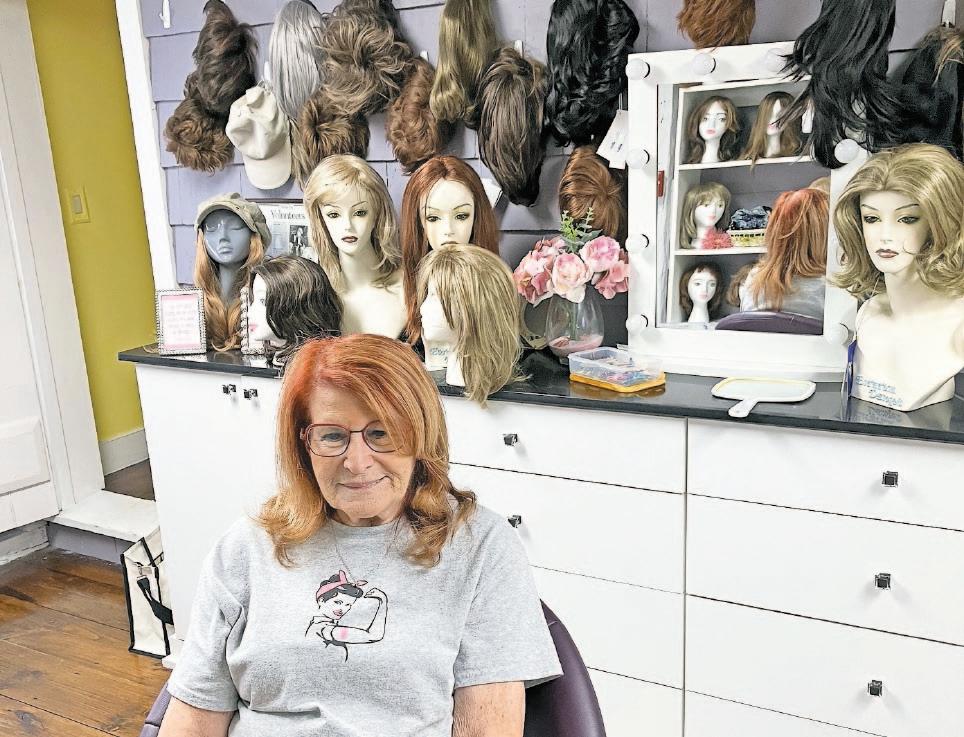
gene. This does not mean that you will get the disease but it is important for screening purposes. You should be aware of your history. Today we know that among men who have prostate cancer, their daughters are now at a high risk for breast cancer. Prostate is a hormonal cancer.”
Noting that breast cancer isn’t ust a women’s disease, Barish emphasizes the need for continued awareness and education. And a lifestyle that stresses modification is essential.
“Do everything in modification. What you eat or don’t eat alone does not give you breast cancer. Statistics are tricky. I believe that it doesn’t matter if there are 20 statistics or one, because if you are that one, then it is one too many. Eating a healthy diet, exercise and rest does wonders but the picture is bigger.”
Above all, be knowledgeable, stay up to date with the latest research, and never lose hope, Barish advises.
“Try to put your life in its proper per-
spective. Always get a second opinion and if you still are unsure get a third.
Knowledge is power. Today through new technology and research we know so much more then we did years ago. There are over two million survivors today.”
Education is her priority. Among her endeavors, she is closely involved with local schools and Key Clubs.
“Their thirst for information is remarkable. We are a family at Hewlett House — everyone is welcome. I am still working on legislation both in Albany and Washington. There is much to be done, we are grateful to all who help donate wigs, bras, hats, and the wonderful groups who make blankets and scarves.”
Barish lives in Baldwin with her son Eric and faithful dog, Lucy. Her husband Alan died in 2024.
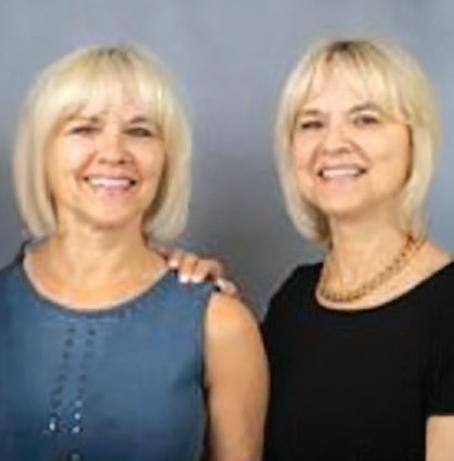
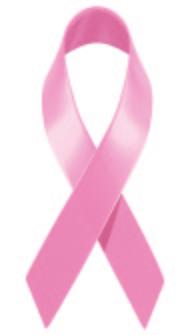
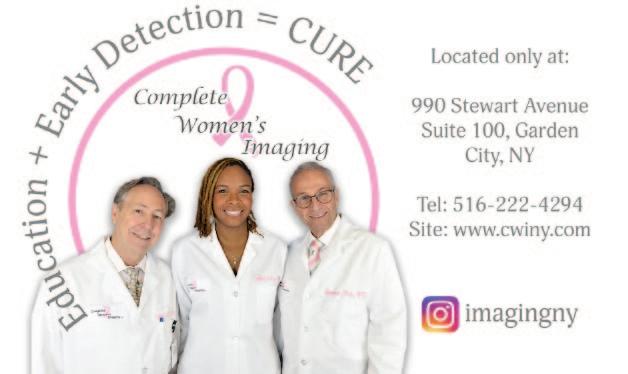

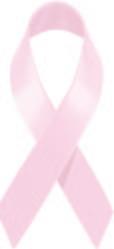




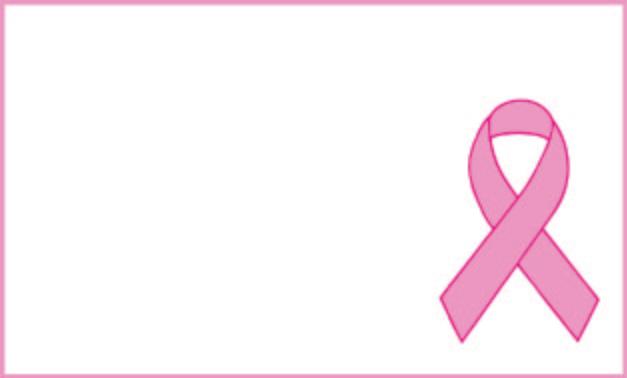
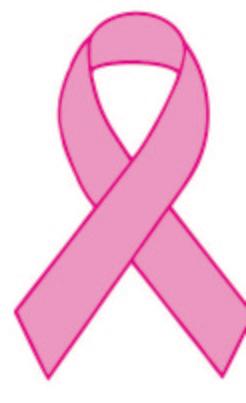
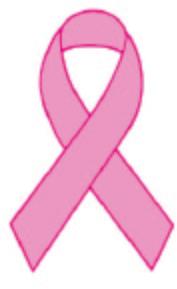











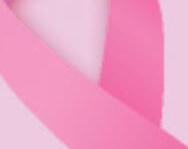
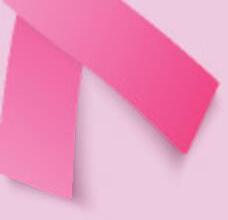

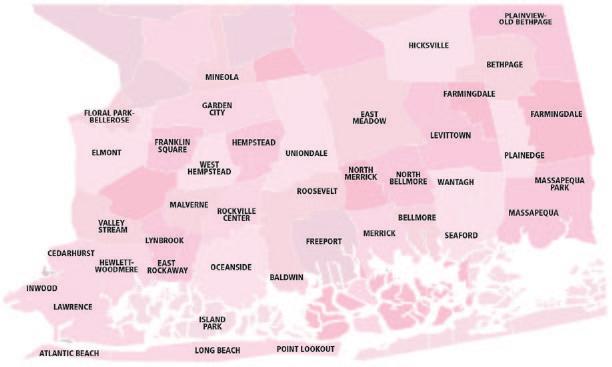
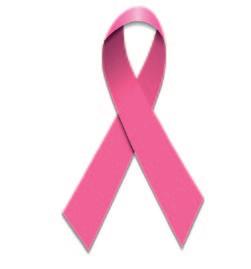
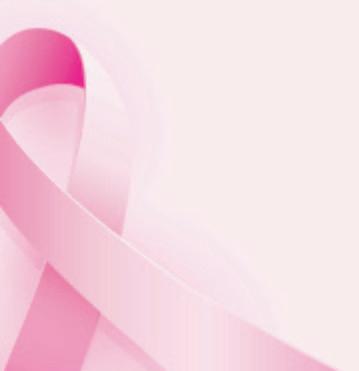
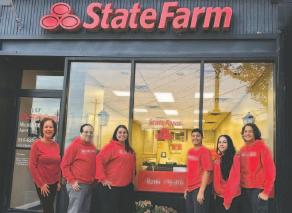


Amusical ensemble at the Parker Jewish Institute brings harmony and wellness to residents and patients alike.
The ensemble is known as Sur Sagar, which means “Ocean of Melody” in Hindi. It features five women from the Institute’s long-term care residence at Parker’s Indian Cultural Unit. The Indian Cultural Unit is the first of its kind in the region, accommodating the rehabilitation, healthcare and cultural needs of older adults in New York’s growing Indian population.
At Parker, members of Sur Sagar come together in song to create something special. Beyond their enchanting melodies, Sur Sagar represents the therapeutic power of music in elder care. Music therapy can help reduce anxiety, improve cognitive function and provide a powerful outlet for emotional expression for older adults. While Parker’s residents and patients diligently participate in physical, occupational and speech therapies that nurture their bodies, these musical gatherings nourish their spirits, helping
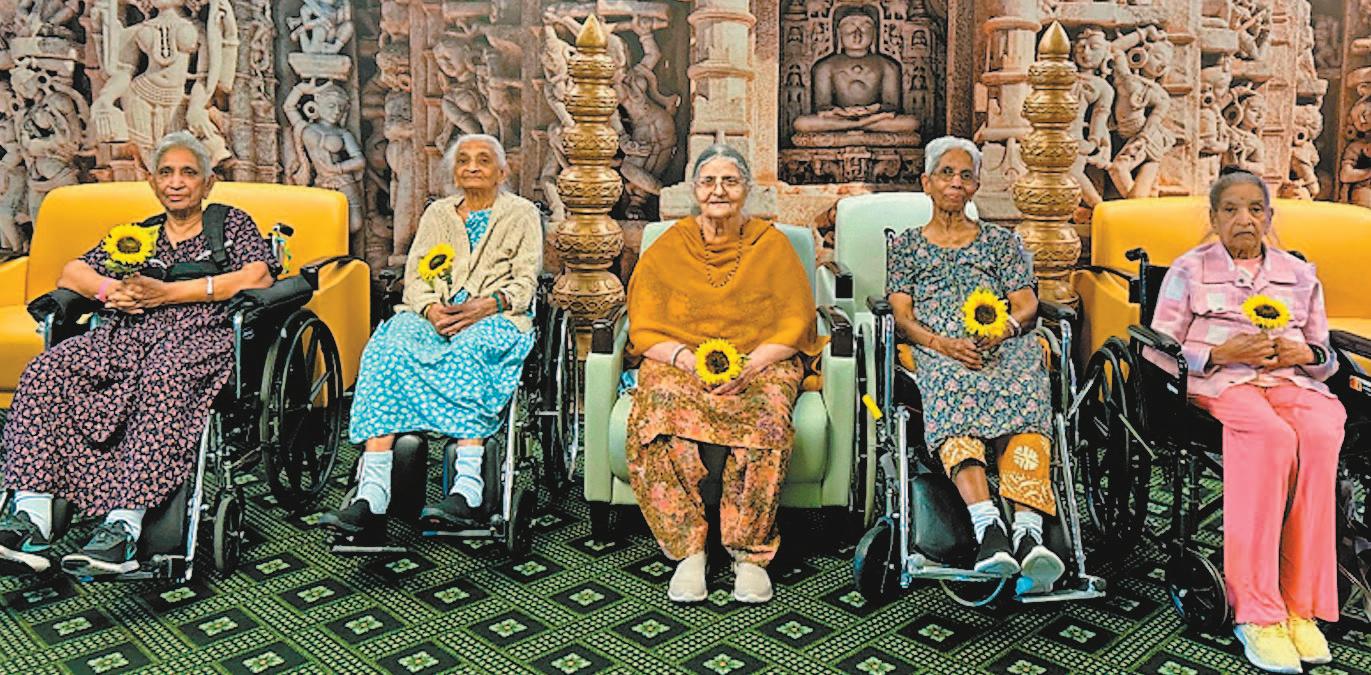
them to feel at ease so that they can heal.
The enthusiasm and unity of Sur Sagar members illuminate the profound impact of culturally meaningful activities. As part of Parker’s Indian Cultural Unit, these sessions incorporate familiar melodies and rhythms that resonate deeply with residents, awakening cherished memories and creating moments of pure joy.
Sur Sagar embodies the essence of Parker’s Indian Cultural Unit. The unit fosters the understanding that healing and
care must address the physical being while also honoring cultural identity and nurturing the soul through art and expression.
About The Parker Jewish Institute for Health Care and Rehabilitation<
The Parker Jewish Institute for Health Care and Rehabilitation is headquartered in New Hyde Park, New York. The facility is a leading provider of Short-Term Rehabilitation and Long-Term Care. At the
forefront of innovation in patient-centered health care and technology, the Institute is a leader in teaching and geriatric research. Parker Jewish Institute features its own medical team, and is nationally renowned as a skilled nursing facility, as well as a provider of community-based health care, encompassing Home Health Care, Medical House Calls, Palliative Care and Hospice. Parker Jewish Institute is also home to Queens-Long Island Renal Institute (QLIRI), providing patients with safe, comfortable Hemodialysis treatments in a relaxed setting, as well as PRINE Health, a Vascular Center offering advanced vascular services. The Center and QLIRI further Parker’s ability to expand access to essential health-care services to adults in the greater New York metropolitan area. For more information, visit parkerinstitute. org or call (877) 727-5373.
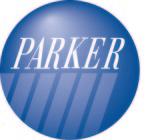

Queens-Long Island Renal Institute (QLIRI), a 2025 Bests of Long Island winner and located at The Parker Jewish Institute, now offers a state-of-the-art Home Hemodialysis Program for people battling kidney disease. Those patients who also require Certified Home Health Care can access it conveniently through QLIRI’s affiliate, Parker Jewish Institute.
With QLIRI’s Home Hemodialysis Program, patients can transition from an in-center setting to receiving hemodialysis from the comfort of their home, using the Tablo Hemodialysis System. Enrolled patients are first trained by a registered nurse. The nurse provides step-by-step guidance four days a week over the course of four weeks, or longer if necessary. With this training, patients learn to use the system before transitioning to the convenience of home hemodialysis.
If needed, patients of Parker’s Certified Home Health Care Agency receive individualized nursing, medical, and rehabilitation services, so they can maintain maximum independence in the comfort of their homes. Home-care services can include skilled-nursing care; physical, occupational and speech therapy; home-health aides; medical social services; medical supplies; and 24-hour telephone availability. Call (718) 289-2600 with questions.
To learn more about QLIRI’s Home Hemodialysis Program, visit qliri.org. For more on Parker’s Certified Home Health Care, visit parkerinstitute.org.
